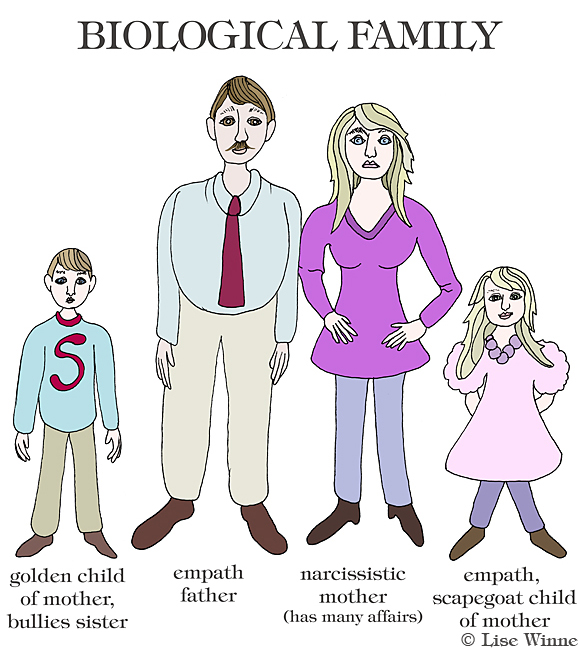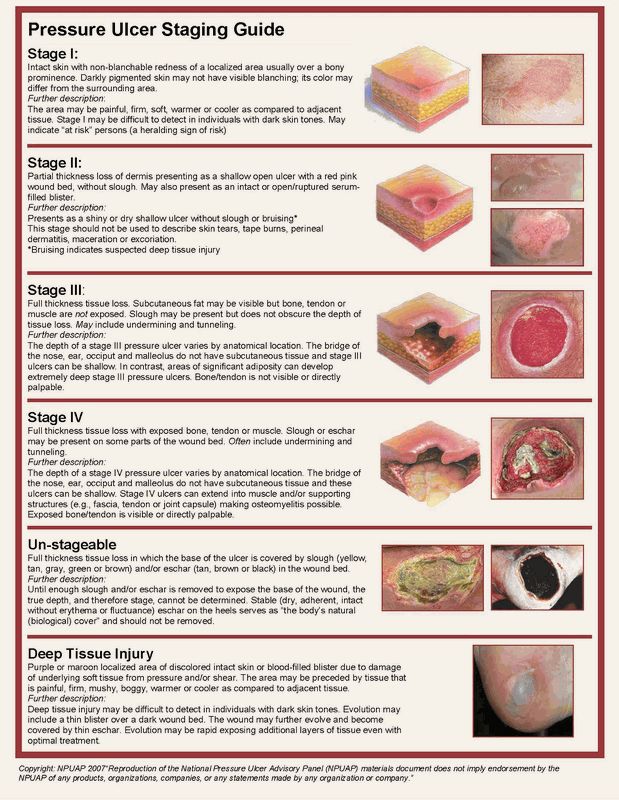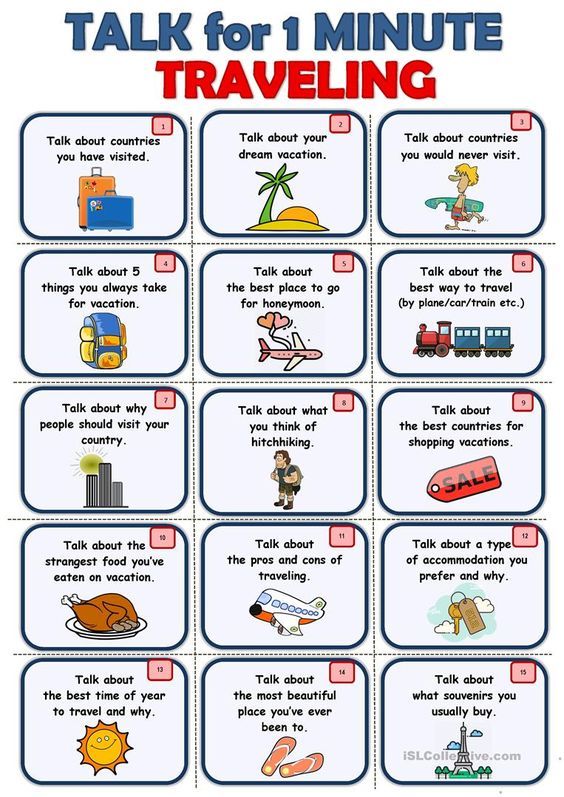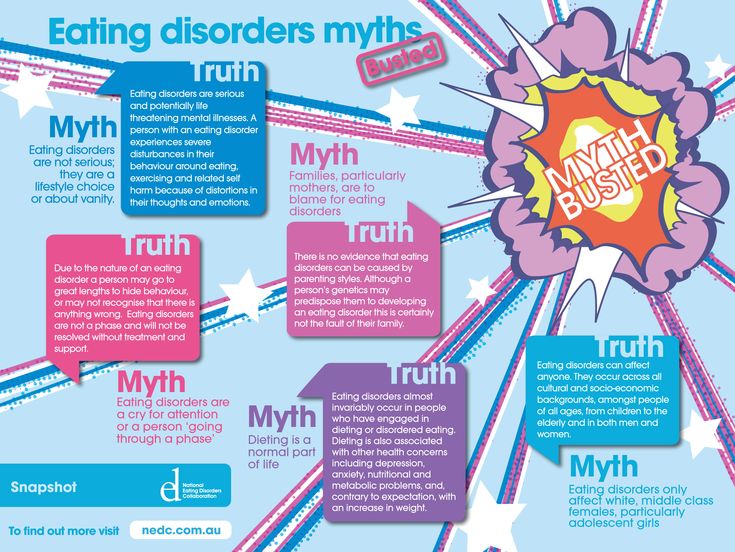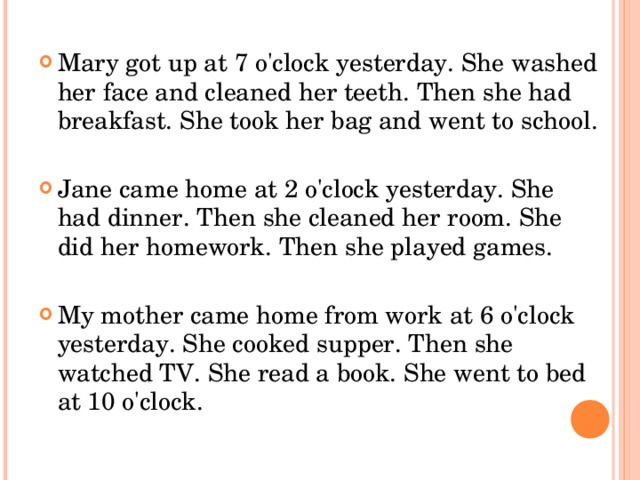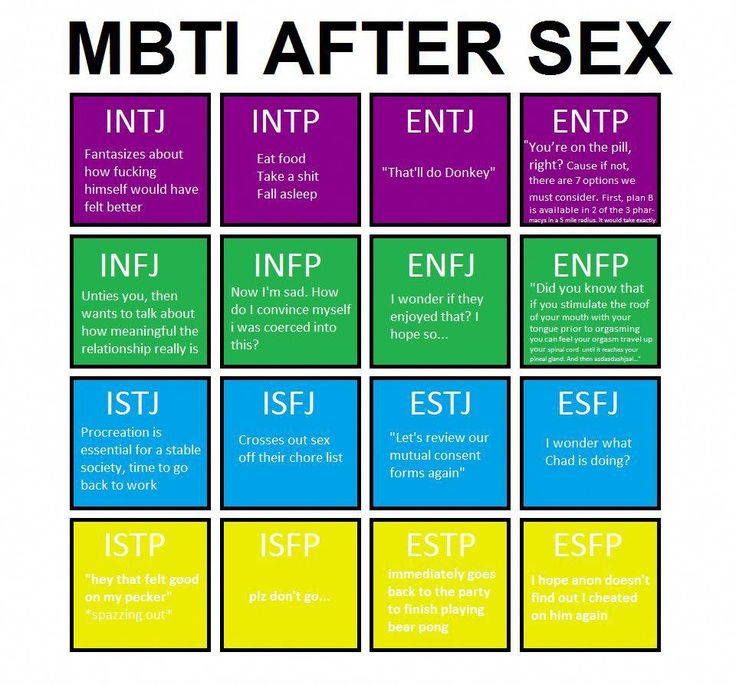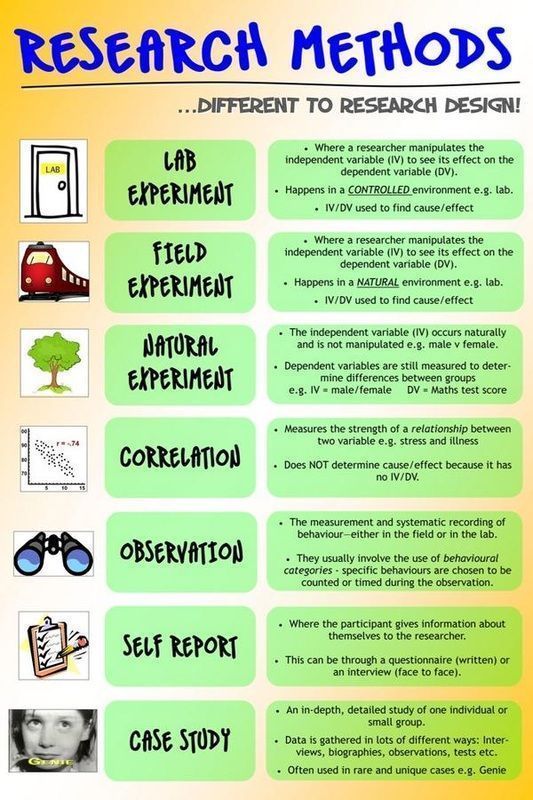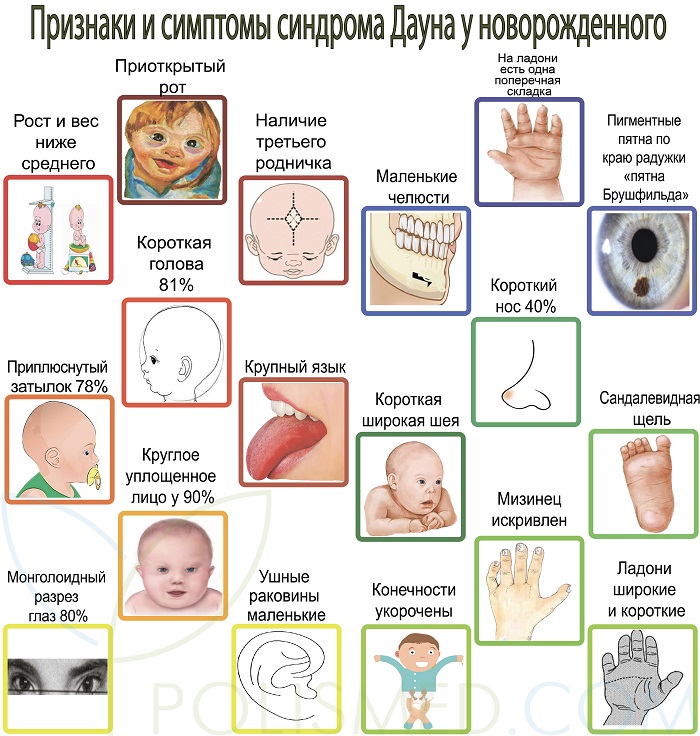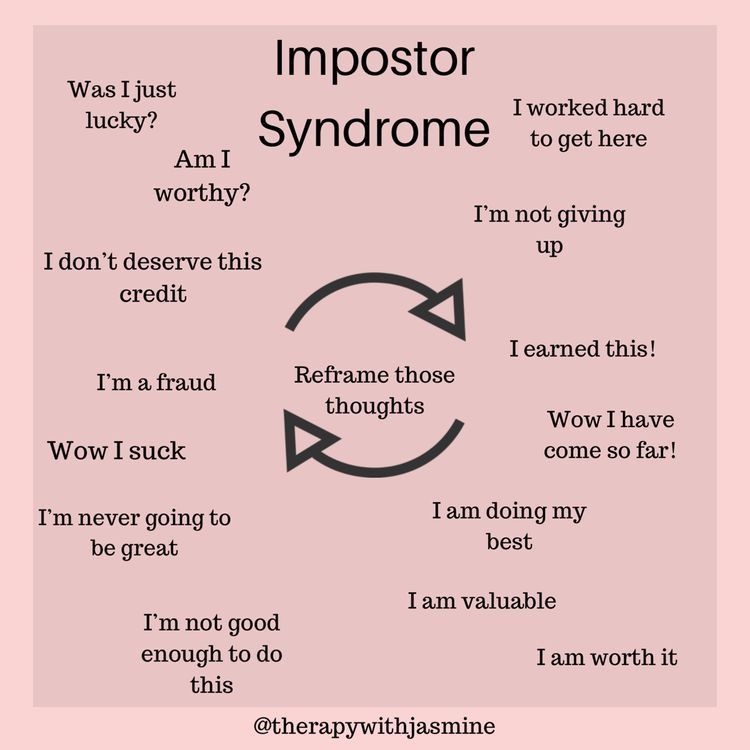Only child narcissistic mother
A new insight on being the only child of a narcissistic mother
After putting up my post yesterday, I did more reading on the subject of being a child of a narcissistic parent because there was something in my experience that wasn’t quite sitting right with me and didn’t seem to “fit” the typical narcissistic parent/child relationship: the fact that my mother sometimes praised me effusively rather than using me as a scapegoat. Although usually these compliments were about innate qualities (such as my appearance or intelligence), there were a few occasions when I did get a genuine compliment on something I’d accomplished. It didn’t happen often, but it did happen. I wasn’t sure how to explain the anomaly.
In further research after publishing my post, I came across this article that made it crystal clear why my situation was somewhat different than a scapegoated child who had siblings. Although I had older half-siblings on both parents’ sides, in THAT marriage I was the only child.
Only children are under a lot of pressure to be all things to the narcissistic mother/father: scapegoat, Golden Child, comrade, worshipful subject, whipping post. While usually I was treated as a scapegoat (especially when my mother had the opportunity to triangulate against me or gaslight me with the help of her flying monkeys) because I was so sensitive (and they HATE that), there were times she was nice to me, even loving. But as a narcissist, she couldn’t truly love, so that “love” was fake and always shortlived. She usually employed this tactic when she was needy–in between her lovers, say, or when her pride had been hurt on the job or by another person. Sometimes she used it after we’d had a huge argument and she wanted to get me back into her good graces. Of course, she never SAID she was needy at these times, but she was needy because her source of narcissistic supply was threatened. So her false front of sweetness was a handy trick to get what she needed.
Most of the time, she only showed this sweet side to others, not to me.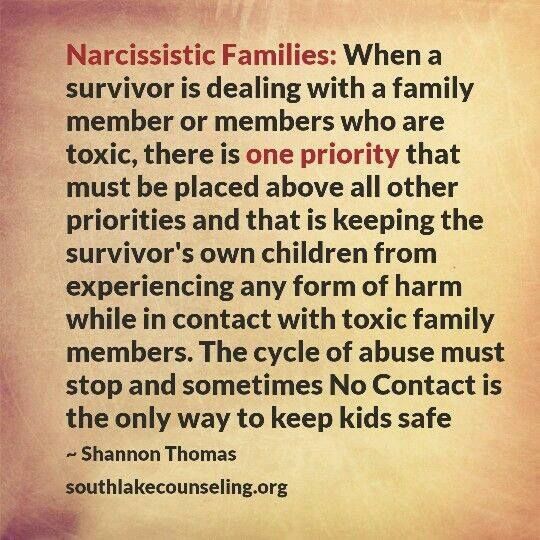 I was most convenient to her as a target of her rage because I had what she did not (high sensitivity and intuition) and she was terrified this quality might be her undoing–the thing that might cause me to “out” her one day, which is exactly what I’m doing but couldn’t until I went No Contact (I’ve been No Contact for several years actually). My high sensitivity was why I was usually a scapegoat although for my mother, I sometimes filled those other roles too when it was convenient.
I was most convenient to her as a target of her rage because I had what she did not (high sensitivity and intuition) and she was terrified this quality might be her undoing–the thing that might cause me to “out” her one day, which is exactly what I’m doing but couldn’t until I went No Contact (I’ve been No Contact for several years actually). My high sensitivity was why I was usually a scapegoat although for my mother, I sometimes filled those other roles too when it was convenient.
It’s the narcissist’s fear of being “outed” that’s the real reason why they target and bully the most sensitive among us. It’s a shocking realization, but I really think that is what’s behind the narcissist’s hatred of “weakness.” This type of “weakness” they abhor and denigrate is a gift they were not endowed with, a gift they envy because of its power, and one they fear because they know it can hone in one the narcissist’s lies and pretenses like a laser beam and expose them for the monsters they really are, and that possibility scares the shit out of them.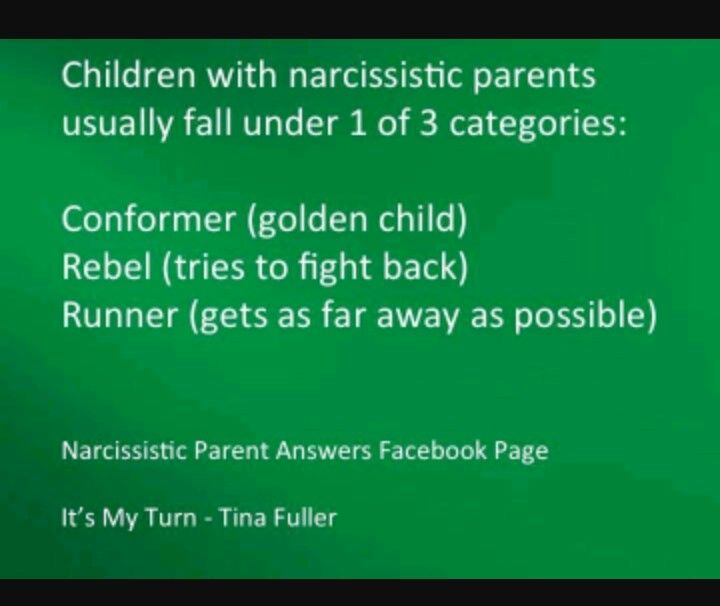 And I’ll go out on a limb here and say it’s exactly why powerful narcissists in big government, big religion and big business so often demonize critical thinking, art, science, and spirituality (as opposed to dogmatic religion)–because these things are about TRUTH and thereby shed their light on the narcissists, exposing them and their lies. It’s also why they demonize the vulnerable among us (the poor, the homeless, the sick, the mentally ill, as well as LGBT and non-white minorities)–because the ugly consequences of psychopathic hatred and psychopathic policies can be best seen among these vulnerable groups who are unjustly blamed for their own condition.
And I’ll go out on a limb here and say it’s exactly why powerful narcissists in big government, big religion and big business so often demonize critical thinking, art, science, and spirituality (as opposed to dogmatic religion)–because these things are about TRUTH and thereby shed their light on the narcissists, exposing them and their lies. It’s also why they demonize the vulnerable among us (the poor, the homeless, the sick, the mentally ill, as well as LGBT and non-white minorities)–because the ugly consequences of psychopathic hatred and psychopathic policies can be best seen among these vulnerable groups who are unjustly blamed for their own condition.
Rate this:
Like this:
Like Loading...
Narcissistic Mother: 12 Signs & Effects On Children
What is a narcissistic mother?
Me, myself, and I. And nobody else should ever dare to steal the spotlight.
This is what a narcissistic mother is essentially about.
While a healthy amount of self-love is important so we respect and care for ourselves—and also show others how we should be treated—the narcissistic mother is all about her.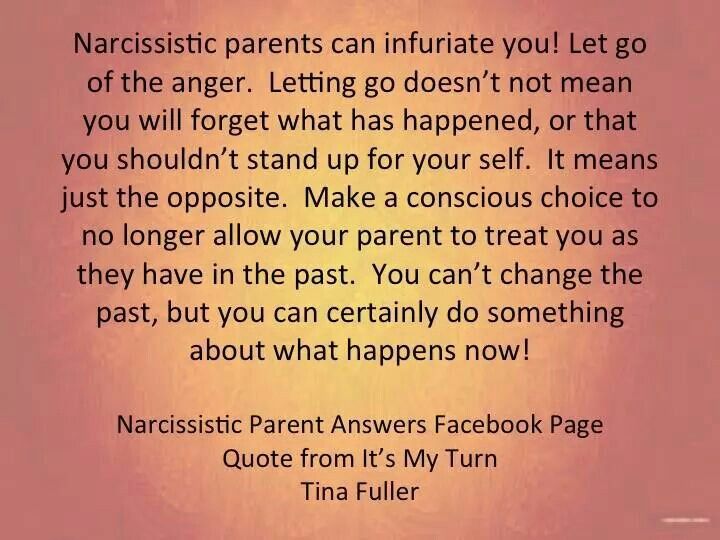 She believes she is entitled to that, and she is incredibly self-absorbed. It's one rule for her and another rule for everyone else.
She believes she is entitled to that, and she is incredibly self-absorbed. It's one rule for her and another rule for everyone else.
Whether she is a grandiose narcissist who needs to be the loudest or shine the brightest or the vulnerable kind who has to compete about who's suffered the most, she lacks empathy for everyone except herself. Sometimes, it's a combination of the race to the bottom and the top. And she may even enjoy watching her own children suffer, as she plays out her manipulative machinations.
When we say narcissistic personality disorder (NPD) in psychology and psychiatry, what we're really meaning by "personality disorder" is that this pervades their functioning in life, affecting their relationships, careers, and well-being. Hence, the qualifier "personality." And someone with NPD will not, and cannot, change.
Signs of a narcissistic mother:
1.
Treating her children as an extension of herself
You are treated as an extension of her, not your own person.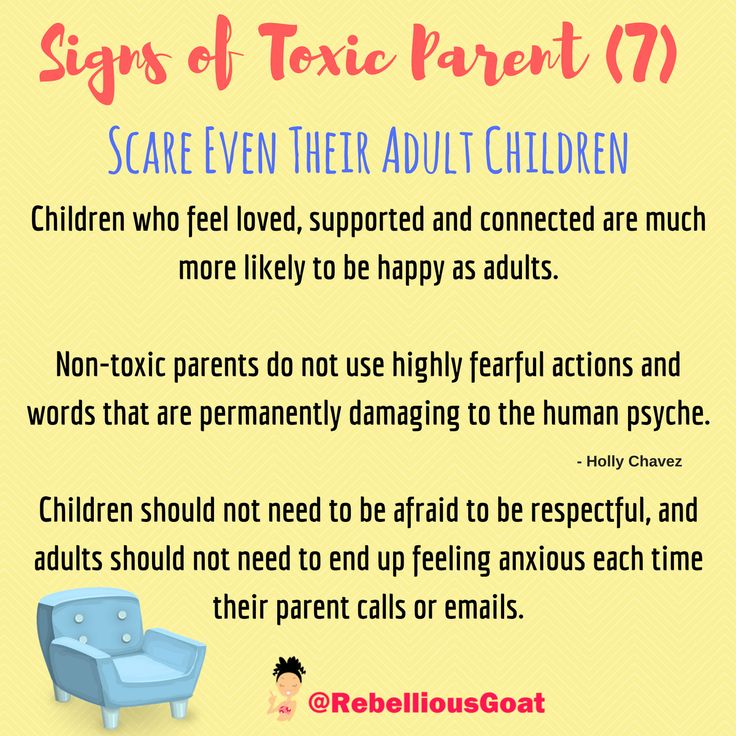 You are effectively your mother's trophy. Everything good you do is considered a reflection of her—her superior genetics and her hard work in raising you. And she'll never stop bringing it back to it being all about
her, plus she'll dramatize it all. Or steal someone else's credit, like claiming she worked her fingers to the bone to send you to violin classes when your father paid for it. Naturally, anything you do or aspire to that does not align with what will make her proud will be shot down.
You are effectively your mother's trophy. Everything good you do is considered a reflection of her—her superior genetics and her hard work in raising you. And she'll never stop bringing it back to it being all about
her, plus she'll dramatize it all. Or steal someone else's credit, like claiming she worked her fingers to the bone to send you to violin classes when your father paid for it. Naturally, anything you do or aspire to that does not align with what will make her proud will be shot down.
Advertisement
This ad is displayed using third party content and we do not control its accessibility features.
2.
Playing children against one another
Classic narcissist family dynamics are when a narcissistic mother elects a "golden child" who can do no wrong and then a scapegoat who's blamed for everything. Sometimes, there is also a "lost child" who's neglected. By triangulating children against one another, the narcissistic mother keeps everyone in their place, teaching them they need to work for attention or that they don't deserve it at all.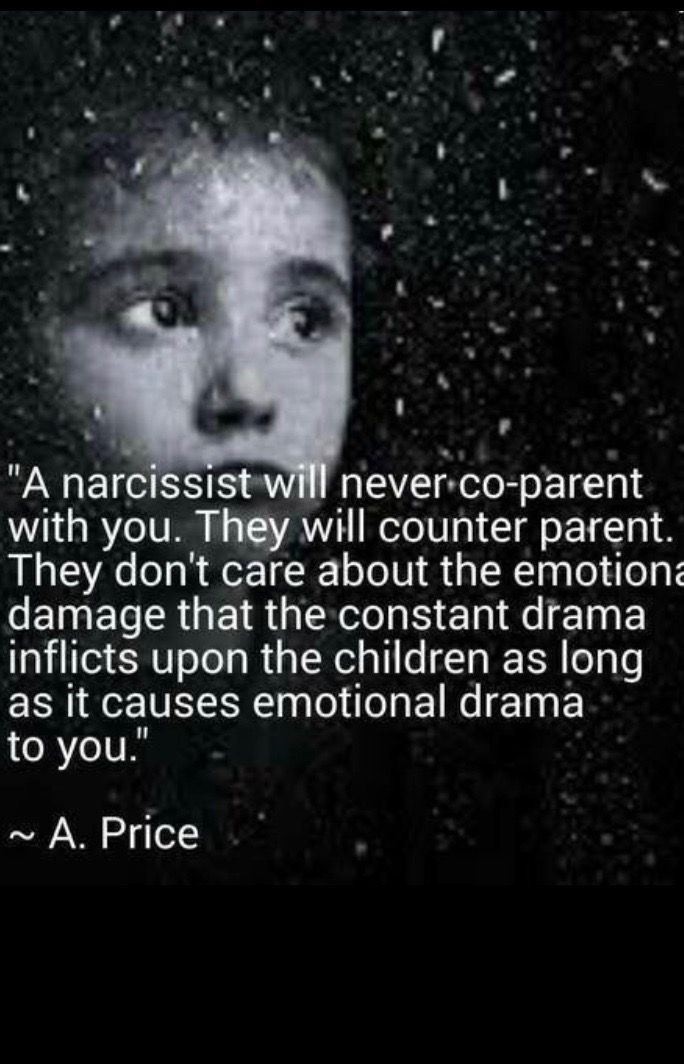 Part of this could be a sadistic drive to see their kids suffer. Some mothers rotate these roles among their kids, or they could play their child against a cousin or neighbor, in the case of single-child families.
Part of this could be a sadistic drive to see their kids suffer. Some mothers rotate these roles among their kids, or they could play their child against a cousin or neighbor, in the case of single-child families.
3.
Petty rivalry with her own children
You should never outshine Mom in her talents or appearances, unless she's groomed you to do so. Even then, as she gets older, she will become jealous and find ways to put you down or destroy you.
Advertisement
This ad is displayed using third party content and we do not control its accessibility features.
4.
Gaslighting
Here's when someone screws with your sense of reality, so you no longer trust yourself and become dependent on their version of reality. Gaslighting is a classic element of narcissistic abuse. As children, we don't expect our loved ones to do something so horrendous. Often you don't know you are being gaslighted—it's a poison that spreads insidiously.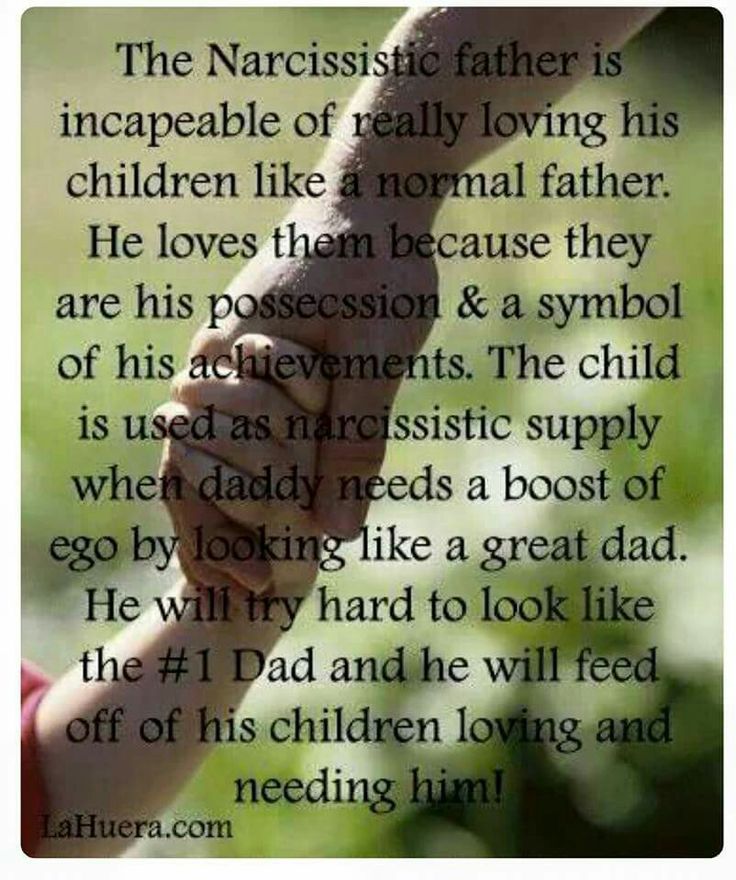 You'll be told you are too sensitive, crazy, or some other derogatory adjective. Eventually, you gaslight yourself.
You'll be told you are too sensitive, crazy, or some other derogatory adjective. Eventually, you gaslight yourself.
5.
Emotional Münchausen by proxy
Münchausen syndrome is when someone benefits from playing ill or continuing to be ill after healing. Some narcissistic mothers sometimes "train" their children to play ill—often in the form of fears, or even hurting themselves—by only intermittently giving them comfort and attention when they fulfill these roles. Not only does the inconsistent care teach the children that they are not worthy of energy, but by putting them in an inferior position where they are ill or weakened, it keeps them small and feeling small, which might even delight the narcissistic mother who's watching this sadistically, or simply make her feel more powerful and needed.
Advertisement
This ad is displayed using third party content and we do not control its accessibility features.
6.
Damaged goods
A subtle but effective way to teach a child they're unworthy and that they're damaged goods is to give them presents that are damaged.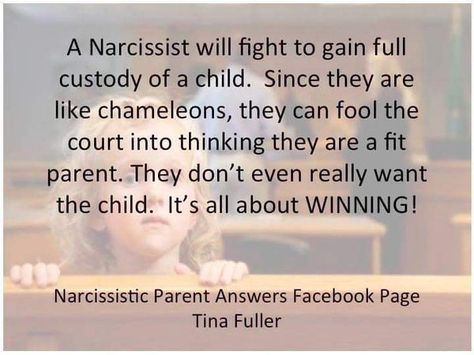 This is incredibly common in narcissistic mothers, and you train yourself to think it must have been an accident. Because, why would your mother do that? Eventually, while they are sadistically enjoying watching you squirm while being polite, you learn to talk yourself through any uncomfortable situation with them.
This is incredibly common in narcissistic mothers, and you train yourself to think it must have been an accident. Because, why would your mother do that? Eventually, while they are sadistically enjoying watching you squirm while being polite, you learn to talk yourself through any uncomfortable situation with them.
Effects on children.
Advertisement
This ad is displayed using third party content and we do not control its accessibility features.
You are incredibly attuned to others' feelings.
Never knowing when your mother would be decent or hostile, you walked on eggshells, and your radar on others' emotions is finely attuned. In the world of medical tests and statistics, we call an oversensitive test one that produces false positives. Meaning, something that should not test "positive" because it is not present yields a "positive" result.
This is because having a more acutely sensitive antenna helps you to survive. It's better to think Mom is gonna treat you badly, so you learn to run away before it happens, "play dead" by making yourself as invisible as possible, or be obsequiously nice to please her. Just in case.
It's better to think Mom is gonna treat you badly, so you learn to run away before it happens, "play dead" by making yourself as invisible as possible, or be obsequiously nice to please her. Just in case.
These trauma responses are so deeply embedded within you, they act on autopilot. You're likely to be this way in other relationships—and you're hypervigilant for any time you may get into trouble, always in a state of anxious watchfulness. This severely depletes your energy levels and health over the long term. But because you've lived with this your entire life, you're not aware of just how exhausted you are. Until you get some respite.
But you have poor emotional intelligence.
You may be wondering, how can you be incredibly attuned to others but have poor emotional intelligence? This is because the other side of the equation of emotional intelligence hinges upon being aware of your own emotions and being able to take care of yourself.
Unfortunately, a narcissist's children are brought up to dismiss how they feel.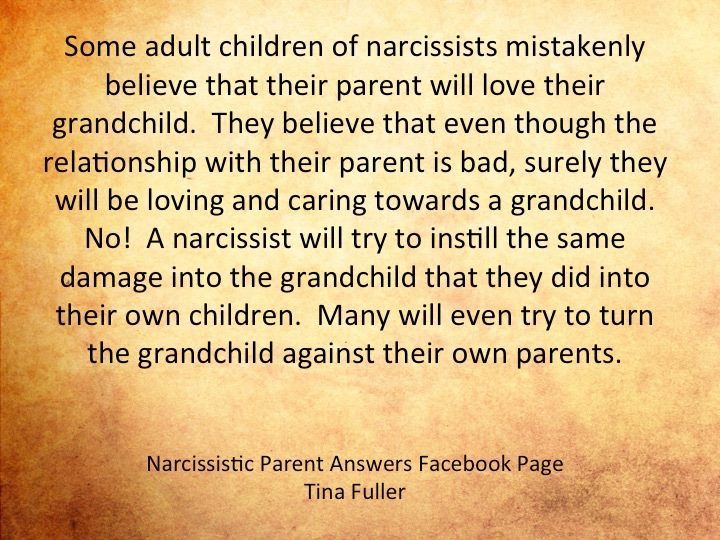 Not only did Mom invalidate or gaslight you, but you also learned that the best way to survive is not to feel anything. Instead, it's to convince yourself by being overrational, that it's not that bad. And to stay positive—aka, toxic positivity.
Not only did Mom invalidate or gaslight you, but you also learned that the best way to survive is not to feel anything. Instead, it's to convince yourself by being overrational, that it's not that bad. And to stay positive—aka, toxic positivity.
Everybody is born with an innate sense of what's right and what's wrong—our intuition tells us that. But because you've learned to smother your gut, silencing it in order to survive, you don't know when your body is screaming out to warn you against other toxic people.
Blame, shame, guilt—the unholy trinity of a narcissist's victim.
Because you have fabulous empathy for others—telling yourself that "hurt people hurt people," that Mom has her reasons for acting this way—the only way to maintain such unnaturally high empathy reserves is to blunt any empathy you have for yourself.
As children, the easiest way we take control of situations is to blame ourselves. If you were to visualize self-blame as a muscle, then by adulthood, this well-pumped muscle has become the size of the Hulk.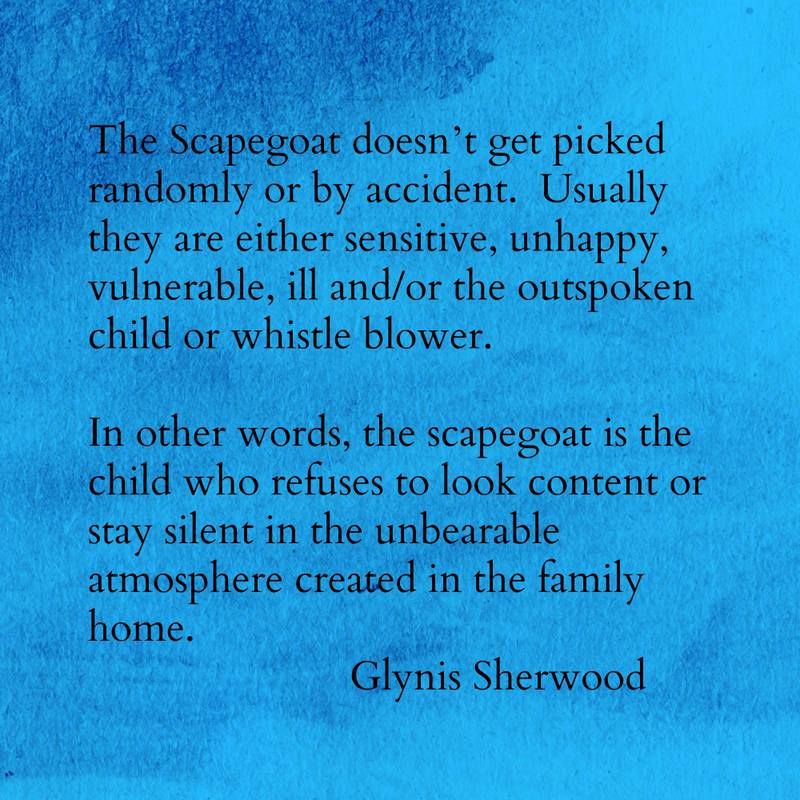
You'll experience guilt for things you did and the things you did not do. For being human—experiencing certain emotions, making mistakes every human makes—and for the things others did, that you blame yourself for. And you'll shame yourself because you see yourself as a fundamentally bad and unlovable person.
You have terrible or nonexistent boundaries.
Children raised by narcissistic mothers often grow up to have poor standards and poor boundaries. While standards are the Hell yeses in your life, boundaries are the Hell noes. And if you're not aware of what those are, then you don't know when they are being transgressed. And even when something feels off, you're able to talk yourself into why you're being too sensitive or unkind. Meaning, you gaslight yourself.
Otherwise, if you kinda know what you do not stand for, and even sometimes say your peace, deep inside you do not believe you have permission to have boundaries. And so, people don't honor them.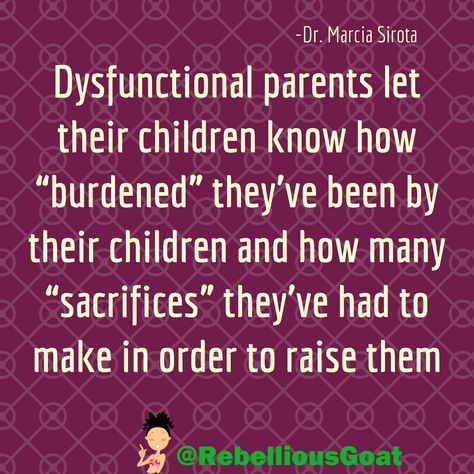
You also overgive and solve others' problems unsolicited—that's way easier than taking care of yourself.
You keep trying to have a "do-over" with Mom, or with someone else like her.
The thing about growing up under the clutches of a narcissistic mother is that the trauma leads to repetition compulsion.
What these two fancy words really mean is the trauma leads our brains to bring us back to similar situations to resolve the original trauma. But because this is largely unconscious, your brain brings you back to repeat the same patterns with Mom or with someone like Mom—even a person who's a romantic partner of another gender or someone who's younger than you. And of course, such toxic situations mean that the trauma never resolves itself; instead, it compounds. Repeat this situation enough times, and it feels like a never-ending bad magic spell. You learn to be helpless and start believing that this curse is your destiny.
Because it's unconscious, you are suckered back into such relationships over and over again.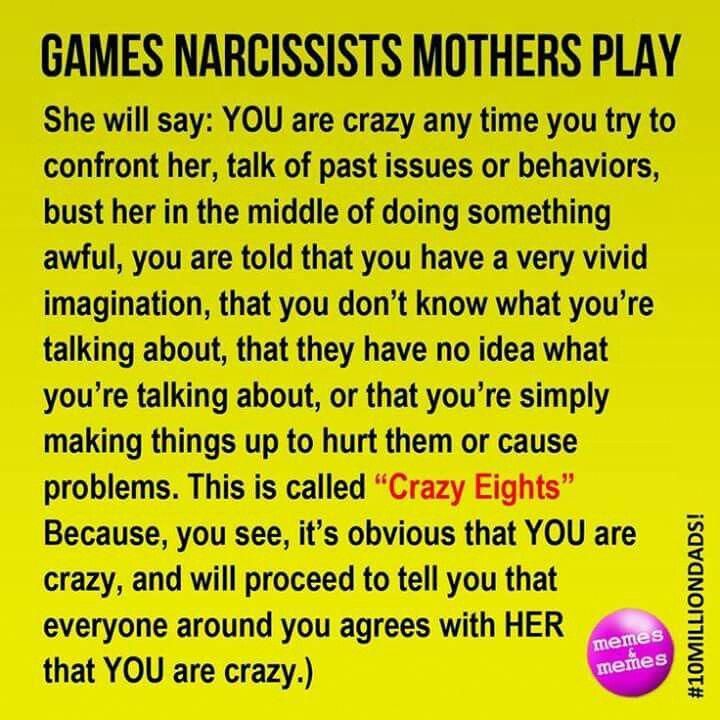 The traumatized child inside you believes, "If I work harder, this time, it will be different."
The traumatized child inside you believes, "If I work harder, this time, it will be different."
You develop an insecure attachment system.
Attachment is a way we can understand how we perceive and respond to intimacy in relationships. While genetics and other life experiences matter, the way our parents cared for us is a major force in shaping our attachment styles.
Being brought up by a narcissistic mother, you might develop an insecure attachment. If you're anxiously attached, you could fear that your partner does not want to be as close as you'd like them to be and interpret many things unnecessarily negatively. You might lash out and then feel worse. Or, you could protect your autonomy at all costs, keeping others at arm's length and being a closed book. This is detrimental to nurturing intimacy because an avoidantly attached person is always misinterpreting others as impinging upon their independence. Or, you could be a combination of both anxiously and avoidantly attached.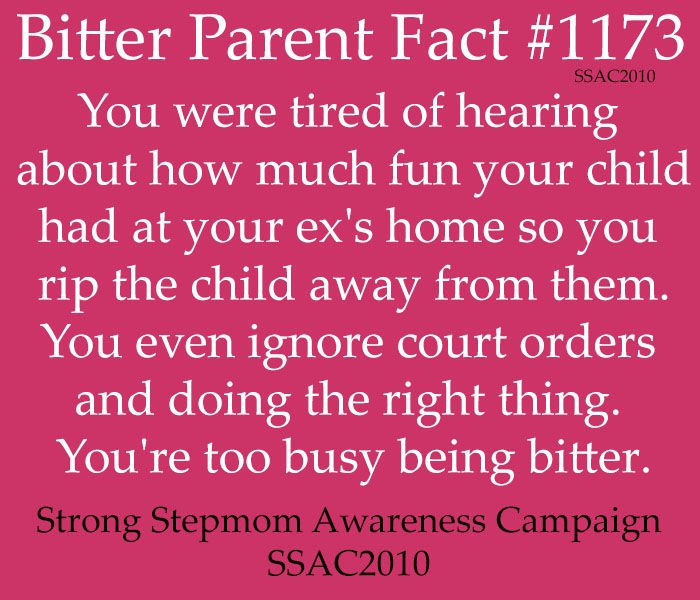
How to heal and find peace:
1.
Stop blaming yourself.
If you suspect or realize your mother may be a narcissist, that Eureka! moment can be freeing. Things start to make sense. But you might end up blaming yourself for making her behaviors worse, not seeing through her earlier, not standing up to her—anything. Or you might be furious at yourself for not knowing what things like boundaries and attachment are.
First things first. We went to school and learned loads of nifty formulas and facts—you might even have many, many fancy degrees. But we didn't learn crucial life skills and financial fluency or boundaries. So please, enough beating yourself up. Otherwise, you've left the playground, but you've become your own bully. 24/7.
2.
Recognize her intentions and act accordingly.
Next, when dealing with your mother, put yourself in Law of the Jungle Mode. Law of the Jungle means you consider what moves your narcissistic mother is making and how they are designed to trip you up.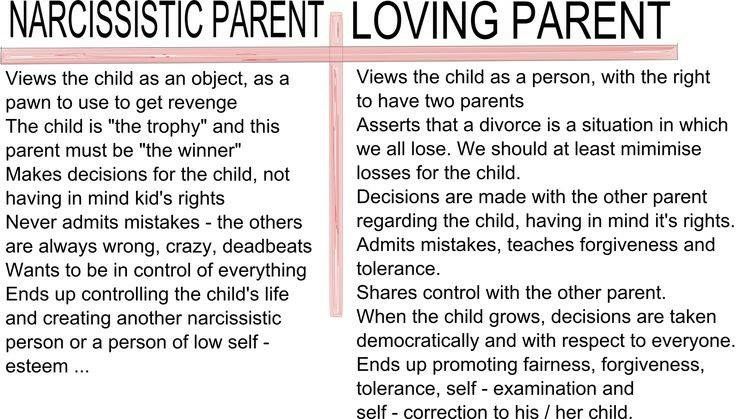 Look at the bigger picture of what's going on, and then deal with her as impassively as possible. (This is also sometimes referred to as the grey rock method.)
Look at the bigger picture of what's going on, and then deal with her as impassively as possible. (This is also sometimes referred to as the grey rock method.)
You might protest that this makes you inauthentic. But you don't go to war without weapons or shields. Remember this, and you can then reserve all your energy and authenticity for those who have your back.
3.
Minimize contact.
While I advocate no contact—because you've paid enough, and you owe her nothing—I get that it's not always practical. In these cases, have as little contact as possible, and any form of you playing nice is strategic, not unconscious, in order to move the pawns on the metaphorical chessboard. For instance, you might want to praise her so she leaves you alone and gives you some peace. Rather than do it because you're hoping she'll finally be the (consistently) loving mother you never had.
It also means expect bad behavior from her. And discount any good behavior as flukes or costly manipulations you'll have to pay for later.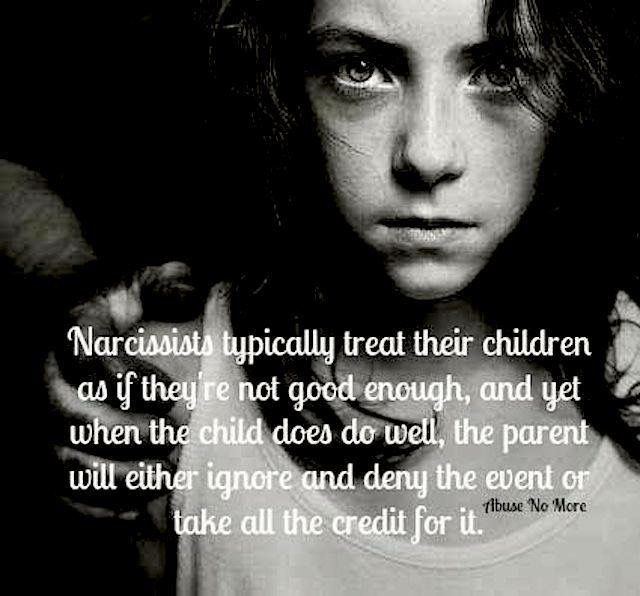
Do not be hoodwinked.
4.
Take care of yourself.
You will feel guilty and ashamed for abiding by the Law of the Jungle. Same with not being nice 24/7 to her. For daring to think she's a toxic person. You'll have to learn how to take care of these emotions and practice taking care of yourself. It sounds easy, but you'll need to keep practicing it—it's an alien subject that children of narcissists often don't believe they have permission to do.
You'll also have to take care of your nervous system, helping it to heal from the effects of trauma. Part of this may be also recognizing who else in your life is like your mother because chances are, it's a house of mirrors, and she's not the only narcissist in your life.
What this translates to is learning to give yourself permission to have boundaries and learning how to have boundaries—you lay down the law. Take comfort in the fact that you will learn to be more discerning and flexible with your boundaries, so it's OK to start rigid—like any skill you practice, it feels awkward and inflexible initially.
As you're doing these, you'll also be grieving deeply. You'll have to come to terms with the fact that the mother you always dreamed of will never be.
These would be things you should do with trained professionals—a mixture of therapy, coaching, energy- and bodywork, as well as supplementation, to take care of your gut and brain.
The other side.
You can feel like you're betraying your roots, or you may worry that healing may take forever.
The thing about healing is that's not your final chapter. Look to the person you'll become. Consider those beautiful chapters of your life, after healing. In essence, you'll become the champion and parent your younger self never had. This is the real "do-over."
May that comfort you and guide you forward in your journey toward true freedom and peace.
90,000 Children of a narcissistic mother. What is the effect of narcissistic parents on their children? Narcissistic spectrum: determining the severity of the disease5 2510 0
Proudly raised head.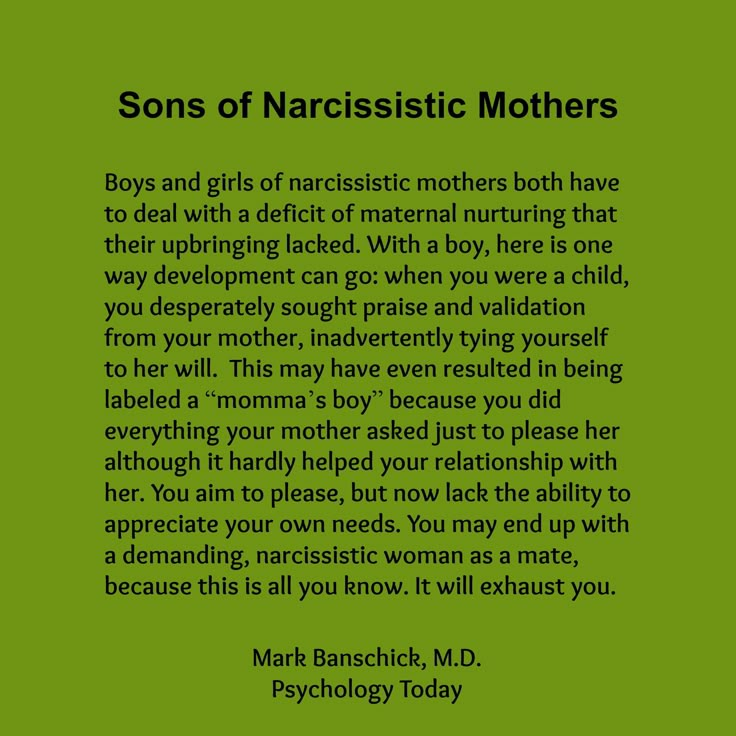 A smile for the camera, more like a mask than an expression of joy. That smile screams, “I’m fine. I'm fine! Why do you doubt?". There is no joy and lightness in it. She is more belligerent than confident, and more distant than inviting. Few people suspect that this is the smile of the daughter of a narcissistic mother ...
A smile for the camera, more like a mask than an expression of joy. That smile screams, “I’m fine. I'm fine! Why do you doubt?". There is no joy and lightness in it. She is more belligerent than confident, and more distant than inviting. Few people suspect that this is the smile of the daughter of a narcissistic mother ...
In this article, we will analyze in detail what danger a narcissistic mother poses to her daughter, why she does not know about it, and what to do in this situation for the “victim”.
What is the problem
The "good daughter" of a narcissistic mother hides her true face behind a mask of false perfection. She loses touch with her true self to please her mother and lives a life that is not her own.
Taking off the masks
If the daughter of a narcissistic mother could take off her mask and say everything she feels, what would she say?
- I'd rather cut my veins than tell everyone a dirty little secret about how flawed I am.

- I don't trust myself, so I try my best to please others.
- I'm sorry even if I didn't do anything wrong. It's safer that way.
- In our family, we lived under the motto: "If mom is unhappy, no one is happy."
The main thing is that mom is happy. If she's unhappy, it's my fault.
- I'm afraid to complain. I must always be fine.
- When I complained, they told me: "You are too sensitive." I've learned to pretend that I'm doing great when I'm not.
- My real self is buried behind a mask. I may look animated, but to be honest, I'm long dead inside.
- Everyone says that I am a good daughter. They don't know what it's worth to me.
- Sometimes my true self threatens to emerge from the shadows. The problem is that it is filled with anger and I lose control of myself.
- I'm afraid I can't trust myself. I cut my hands, exercised myself to the point of exhaustion, or starved myself just to gain control…or relieve the pressure a little.

I like getting good grades or a promotion at work. The trouble is, when I get A-grades on a test or a new job, I feel like a fraud. I am filled with self-doubt. I know I didn't deserve this. I'm waiting to be exposed.
- Success is only a reprieve. I never feel safe.
- If my teachers or boss could see right through me, they would understand what a failure I really am. I eat cake and then go for a 5K run to drown out the critical voice inside me.
- I don't go out without makeup. I need a mask.
- Everyone thinks I'm sweet and friendly, but no one knows the real me. I'm not sure they would like it. That's why I hide behind a mask. I feel so alone under the weight of feigned perfection.
The worst thing is not even my fantasies, but my mother's. I'm just one of the figures in her magical kingdom.
The True Truth About Mother
If the information below applies even partially to you, most likely you have become a hostage of a narcissistic mother, and the problem needs to be addressed.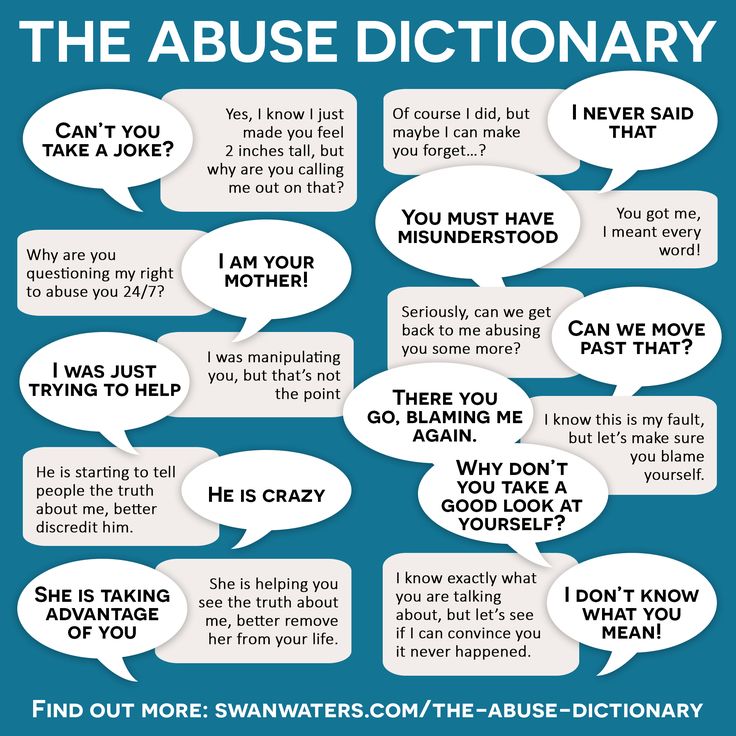
- Sometimes I get angry at my mother and feel hurt. But when I calm down, I feel an acute sense of guilt.
- I tried to tell my mother that she hurt me, but it ended badly. I have always been guilty.
- Can't tell her what she's doing to me. This will offend her. I feel trapped.
- She can't help me. She had a difficult childhood, much worse than mine, although she rarely talks about it. When I ask, there is such an expression on her face that I stop in mid-sentence.
- I don't want to see her suffer. But I feel the truth - either she is happy, or I am.
- Mom seems pleased when I behave well. How can I deprive her of this? But as soon as I stop making her happy, the flow of criticism resumes.
- Trying to please her is pointless. I wonder if I'm ever good enough
Relationships with men: stop lying to ourselves
Entangled in a web of lies, the daughter of a narcissistic mother convinces herself to settle for less than she deserves.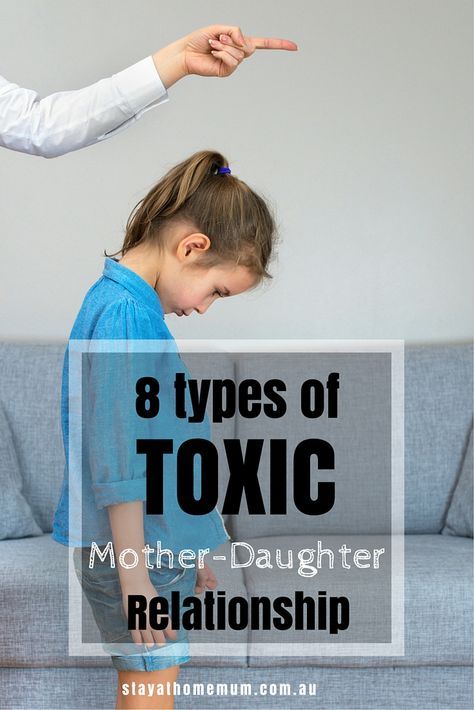
To stop lying, ask yourself hard and uncomfortable questions. By answering them, you will learn the truth about what is really going on in your relationship.
He is a great father, a good husband, a great lover! Well, except sometimes he raises his hand to me.
Do you always think about the good and try to forget the bad?
I like a lot about him, although he doesn't always keep his promises.
Do you still hope that his behavior will ever improve, and that his failures are the exception, not the rule?
I think he's just really busy right now.
Always making excuses for him and giving him another chance?
Gonna give him some time and see how things go.
Time will not fix it, it will only prolong your suffering.
Nobody is perfect.
Yes, no one is perfect, but is he reliable, honest and trustworthy?
I'm not sure if it's worth discussing his behavior. I don't want to pressure him.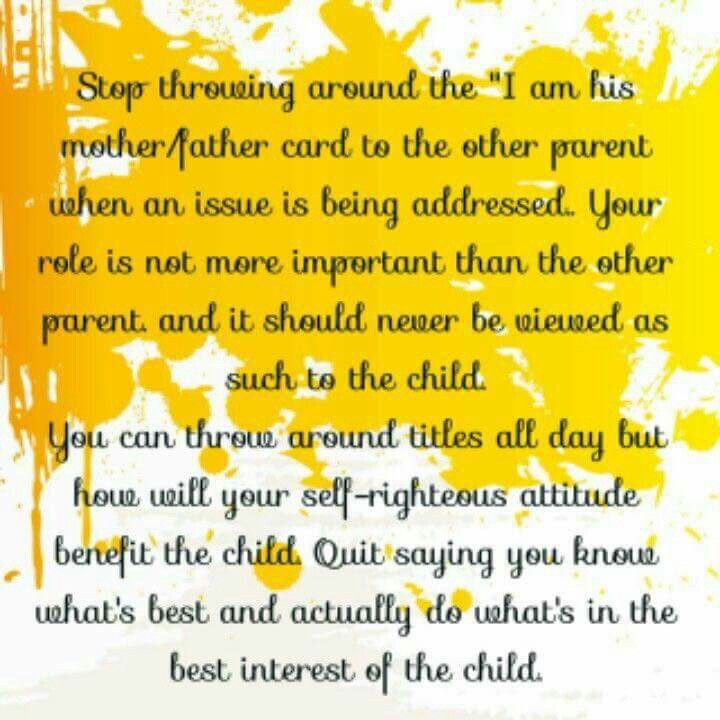
You are selling yourself too cheap by starting to blame yourself.
I don't want to go on bad dates again and register on dating sites. I'm grossed out! I still won't meet anyone better.
Is there a reasonable reason for getting less than you deserve?
Interview with Sam Vankin
Sam Vankin is the author of "Malignant Self Love", "Narcissism Revisited" and "After the Rain - How the West Lost the East", and many other (paper and electronic) publications on topics from psychology, relationships, philosophy, economics and international relations. He has been a correspondent for Central Europe Review, Global Politician, PopMatters, eBookWeb and Bellaonline, and as Chief Business Correspondent for United Press International (UPI). He has also been the category editor for mental health and East Central Europe for The Open Directory and Suite101.
How does a narcissistic mother behave?
She takes care of her child's physical health, she can send him to different clubs and clubs, dress him nicely, but she knows nothing about his inner world and his needs.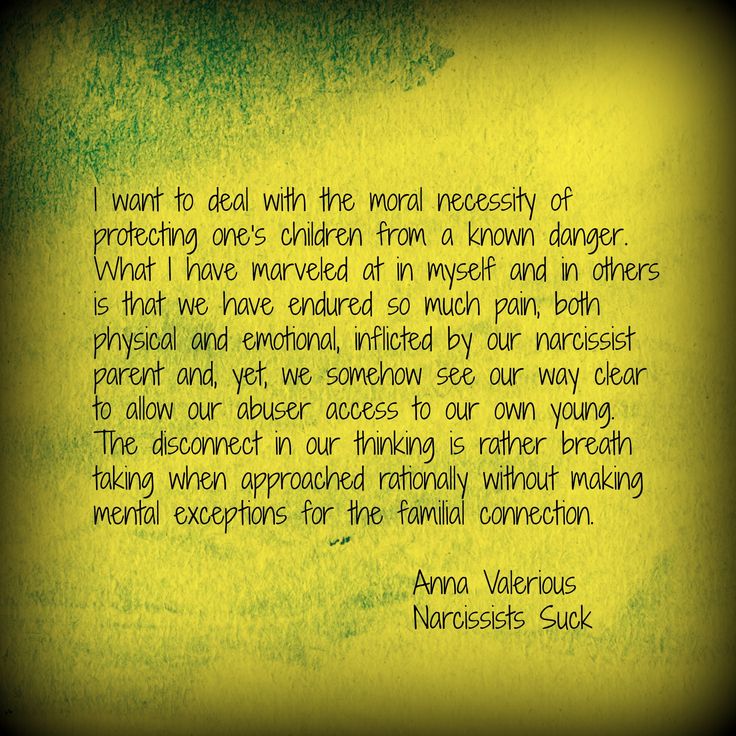 Who he is, what he is and what he wants - this interests her the least. She herself knows everything for him, because she perceives him as an extension of herself.
Who he is, what he is and what he wants - this interests her the least. She herself knows everything for him, because she perceives him as an extension of herself.
What is the influence of narcissistic parents on their children?
At the risk of oversimplification, I will still note that narcissism tends to feed - but only a small proportion of children of narcissistic parents become narcissists. This may be due to genetic predispositions or other life circumstances (for example, not being the firstborn). But MOST narcissists have a parent or guardian who is a narcissist.
The narcissistic parent sees in their child a multifaceted Source of Narcissistic Supply. The child is considered an extension of the narcissist. And it is through the child that the narcissist tries to bill the world. The child is destined to fulfill the unfulfilled dreams, desires and fantasies of the narcissistic parent. Such a “life of proxy” can develop in two ways: the narcissist can either merge with his child or be indifferent to him.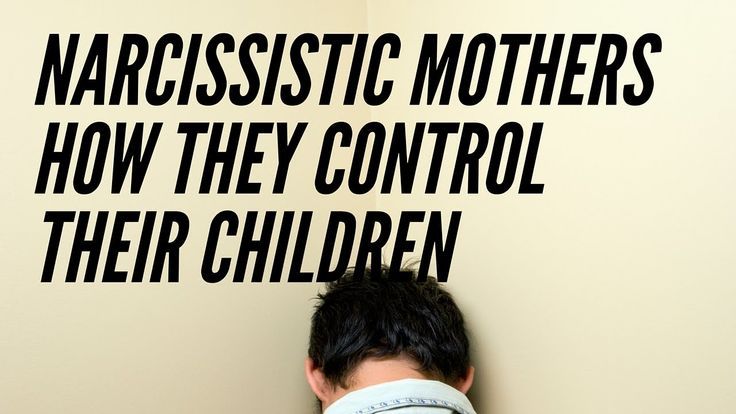 Indifference is the result of a conflict between the narcissistic desire to achieve his narcissistic goals through the child and his pathological (destructive) envy of the child and his achievements. To alleviate the burden imposed by such emotional duality, the narcissistic parent resorts to thousands of control mechanisms. They can be grouped as follows: driven by guilt (“I sacrificed my life for you”), codependent (“I need you, I can’t live without you”), goal-oriented (“We have a common goal that we must achieve”), general psychoses and emotional incest (“You and I are against the whole world, or, at least to your monstrous, bad father", "You are my one and only true love and passion") and explicit ("If you do not accept my principles, beliefs, ideology, religion, values, if you do not obey my instructions, I I will punish you").
Indifference is the result of a conflict between the narcissistic desire to achieve his narcissistic goals through the child and his pathological (destructive) envy of the child and his achievements. To alleviate the burden imposed by such emotional duality, the narcissistic parent resorts to thousands of control mechanisms. They can be grouped as follows: driven by guilt (“I sacrificed my life for you”), codependent (“I need you, I can’t live without you”), goal-oriented (“We have a common goal that we must achieve”), general psychoses and emotional incest (“You and I are against the whole world, or, at least to your monstrous, bad father", "You are my one and only true love and passion") and explicit ("If you do not accept my principles, beliefs, ideology, religion, values, if you do not obey my instructions, I I will punish you").
This exercise in control helps maintain the illusion that the child is part of the narcissist. But maintaining the illusion requires an extraordinary level of control (on the part of the parent) and obedience (on the part of the child).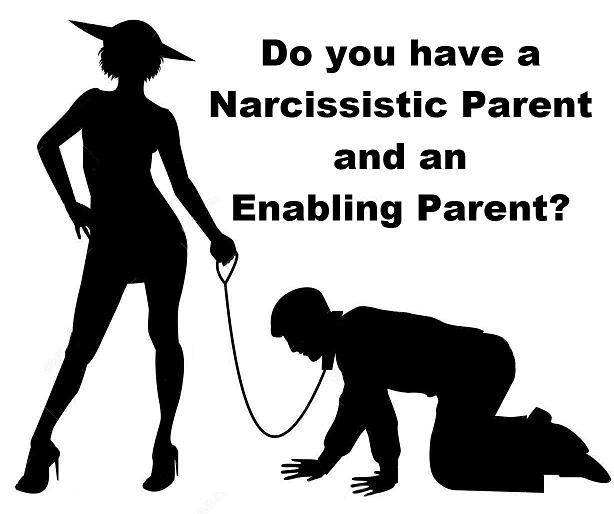 These relationships are usually symbiotic and emotionally explosive.
These relationships are usually symbiotic and emotionally explosive.
The child performs another important narcissistic function - providing Narcissistic Supply. It is impossible not to notice the alleged (albeit imagined) immortality in the fact of having children. The child's early (natural) dependence on his caregivers acts as an alleviation of his fear of abandonment. The narcissist attempts to prolong this dependence using the above mechanisms of control. The child is the ultimate Secondary Source of Narcissistic Supply. He is always there, he adores the daffodil, he is a witness to the moments of his triumph and greatness.
Because of his desire to be loved, constant giving can be extorted from a child . For the narcissist, the child is the fulfillment of all dreams, but only in the most selfish sense. When a child demonstrates "abandonment" of its primary function (providing constant attention to its narcissistic parent) the parent's emotional reaction is severe and accusatory. It is when the narcissistic parent is disappointed in their child that we can see the real nature of this pathological relationship. The child is fully reified. The narcissist reacts to the violation of this unwritten contract with a fair amount of aggression and aggressive transformations: contempt, rage, emotional, psychological and even physical abuse. He is trying to destroy the real "recalcitrant" child and replace him with a submissive, trained, previous version of him.
It is when the narcissistic parent is disappointed in their child that we can see the real nature of this pathological relationship. The child is fully reified. The narcissist reacts to the violation of this unwritten contract with a fair amount of aggression and aggressive transformations: contempt, rage, emotional, psychological and even physical abuse. He is trying to destroy the real "recalcitrant" child and replace him with a submissive, trained, previous version of him.
What are the most common ways a mother's narcissism can affect her daughter's relationships?
It depends on how narcissistic her mother is. Narcissistic parents fail to recognize and accept the personal independence and boundaries of their offspring. They see them as instruments of their reward or extensions of themselves. Their love is based on the "quality" of their children and how well they meet the parent's needs, desires, and priorities.
Hence, narcissistic parents alternate between sticky emotional blackmail (when they seek the child's attention), flattery and compliance (known as Narcissistic Supply) with harsh devaluation and boycott (when they want to punish the child for refusing to follow the rules).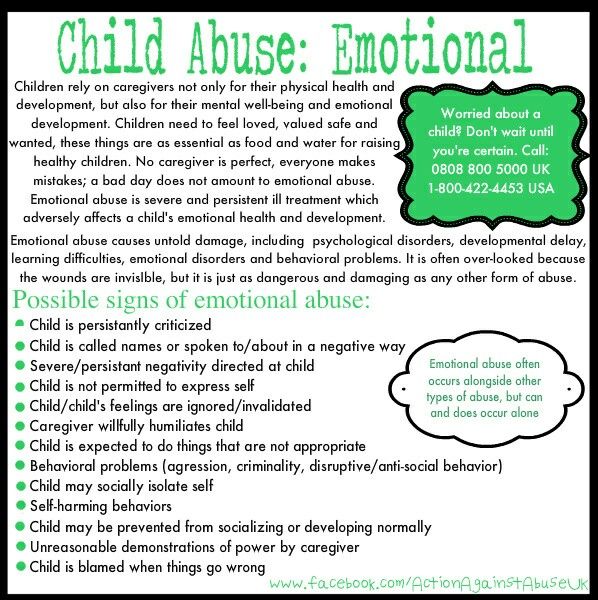
Such inconstancy and unpredictability make the child insecure and dependent. Entering into adult relationships, such children feel that they must "earn" every crumb of love; that they will be permanently and easily abandoned if they do not quite "meet the standard"; that their main role is to "take care" of their spouse, boyfriend, partner, or friend; and that they are less important, less valuable, less skillful, and less deserving than others who matter to them.
What is most important when the daughters of narcissistic mothers start a relationship? When does this relationship go on? When does this relationship end?
The child of narcissistic parents is morbidly adjusted; his personality is inflexible and subject to the development of psychological defense mechanisms. That is, in their relationships, they demonstrate the same behavior, from beginning to end, and regardless of changing circumstances.
As adults, offspring of narcissists tend to prolong pathological primary relationships (with their narcissistic parents).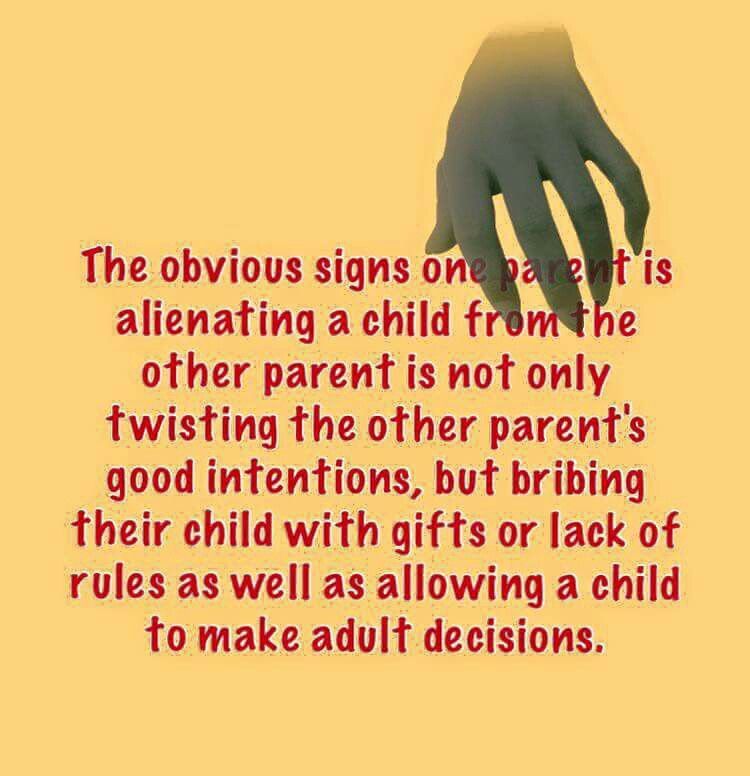 They depend on other people for emotional support and ego functioning, and for daily activities in general. They are needy, demanding and humble. They fear abandonment, are clingy, and display immature behavior in their attempts to maintain a "relationship" with their companion or friend on whom they depend. No matter how much abuse they get, they stay in the relationship. By willingly accepting the role of victim, codependents crave control over their perpetrators.
They depend on other people for emotional support and ego functioning, and for daily activities in general. They are needy, demanding and humble. They fear abandonment, are clingy, and display immature behavior in their attempts to maintain a "relationship" with their companion or friend on whom they depend. No matter how much abuse they get, they stay in the relationship. By willingly accepting the role of victim, codependents crave control over their perpetrators.
Some of them become Inverted Narcissists
Also referred to as "hidden narcissists", they are codependents. who are completely addicted to narcissists (narcissistic addicts) . If you live with a narcissist, are in a relationship with him, are married to him, are married to him, work with a narcissist, etc. - this does NOT mean that you are an inverted narcissist.
To be an inverted narcissist, you must Cling to the relationship with the narcissist, no matter how much violence he/she inflicts on you. You must ACTIVELY seek a relationship with a narcissist and ONLY with a narcissist, no matter what your (bitter and traumatic) past experiences are. You must feel EMPTINESS and UNHAPPINESS with ANY OTHER personality type. Only then, and if you meet the other diagnostic criteria for Dependent Personality Disorder, can you truly be called a Narcissist Inverted.
You must ACTIVELY seek a relationship with a narcissist and ONLY with a narcissist, no matter what your (bitter and traumatic) past experiences are. You must feel EMPTINESS and UNHAPPINESS with ANY OTHER personality type. Only then, and if you meet the other diagnostic criteria for Dependent Personality Disorder, can you truly be called a Narcissist Inverted.
A small minority becomes counterdependent and narcissistic , emulating and mimicking their parents' traits and behaviors. The emotions of these children of narcissistic feelings and needs are buried under "scars" formed, fused, and hardened by years of some form of abuse. Magnificence, a sense of importance, a lack of empathy (empathy) and over the top arrogance usually hide a gnawing sense of insecurity and fluctuating self-esteem.
Counter-dependents are stubborn (reject and disregard authority), rigidly independent, self-centered, dominant and aggressive. They fear intimacy and are caught in cycles of indecisive intimacy followed by commitment avoidance. They are "lone wolves" and are bad as team players.
They are "lone wolves" and are bad as team players.
Counterdependence is a reactive formation. The counter-addict judges his own weaknesses. He tries to overcome them by projecting an image of omniscience, omnipotence, success, self-sufficiency and superiority.
How do narcissistic mothers influence and participate in their daughters' intimate/married life? What does it look like compared to ordinary mothers?
The narcissistic mother suffers from a control mania, he hardly leaves the good old sources of Narcissistic Supply (admiration, praise, attention of any kind). The role of their children is to constantly replenish this resource, the child owes it to her. To make sure the child does not develop boundaries and become independent or autonomous, the narcissistic parent pettily controls the child's life and encourages dependent and infantile behavior in their offspring.
Such a parent bribes the child (offering free access to a large financial support) or emotionally blackmails the child (constantly demanding help and piling on housework, declaring his illness or disability), or even threatens the child (for example: that he will disinherit her if she will not indulge the wishes of the parent). The narcissistic mother also does her best to scare away anyone who might upset this symbiotic relationship, or otherwise threaten the delicate, unadvertised relationship. She sabotages any friendship developed by her daughter through lies, cunning and ridicule.
The narcissistic mother also does her best to scare away anyone who might upset this symbiotic relationship, or otherwise threaten the delicate, unadvertised relationship. She sabotages any friendship developed by her daughter through lies, cunning and ridicule.
I have one reader, and now, probably, a pen pal. Dasha got into the narcissistic theme with her head. Digging very deep. Not from a good life, of course. Behind him are four years of “love” with a narcissist and a strong-willed break in contact a year ago.
Dasha Narcissus was married and had a six-year-old son. In which he did not cherish the soul and with whom he was practically inseparable. And this love of children of Victor - very conspicuous and excessive - has always been a mystery to Dasha. Now, having driven into the topic, she clicked this riddle like a nut. I am posting with her consent.
Dasha writes:
“What is the image of most “normal” fathers? A rare father goes to parent meetings, dangles with a child in hospitals and clinics.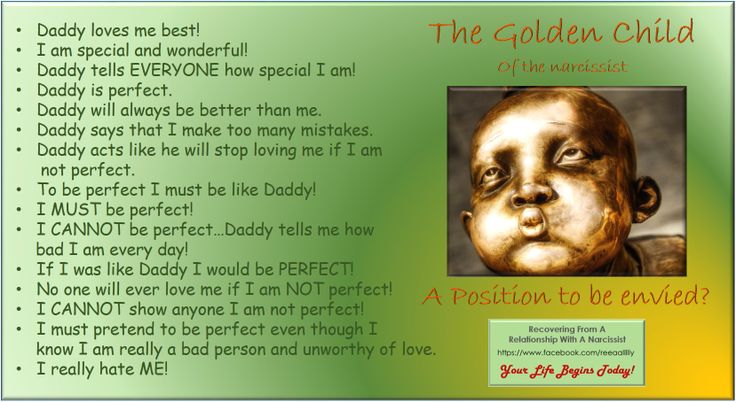 Together with his wife - yes, but alone...
Together with his wife - yes, but alone...
One day Victor called the doctor in my presence. And I did not understand then for whom it was a performance. For me or for the doctor. But, rather, for himself. I had no idea about daffodils then, but I remember that scene and my reaction very clearly. After all, everything abnormal crashes into memory. Abnormal - not real, artificial.
Well, I'm freaking out. But not from what Victor is a mega-caring father, but precisely from the fact that there is some kind of implausibility in this. Reaction and behavior over the edge. I don't behave like that. I am a woman, by nature more emotional!
His son had a common sore. SARS and not even a terrible SARS. But Victor's voice has already changed. He gave it a fawning, acutely emotional tone with a flurry of speech expressing nervousness, impatience and very, very excitement. He constantly asked the doctor again, excitingly pedaling the theme of worries and cares with his voice.
I am a mother. I am a loving mother. And of course, I worry about my child, sometimes I even despair, but this despair is proportionate. They could not detect an infectious disease in my daughter, and we were ill for a whole month with a temperature, and before that we had severe otitis media with a temperature below 40. In short, my reaction to my daughter's illness was caused by exhaustion and despair. And these manifestations were proportionate. It's just that the reasons are different.
Listening to Victor's conversation with the doctor, I involuntarily asked myself the question: do I dislike my child so much? Or is someone trying to show excessive care to the point of overacting? When we are sick, I calmly listen to the doctor, in a calm voice I clarify incomprehensible moments and at the same time I do not accompany it all with bouncing on an armchair, gesticulating, grabbing and twisting hair and other neurotic manifestations. No. Everything is reasonably laid out on the shelves, the whole plan of action.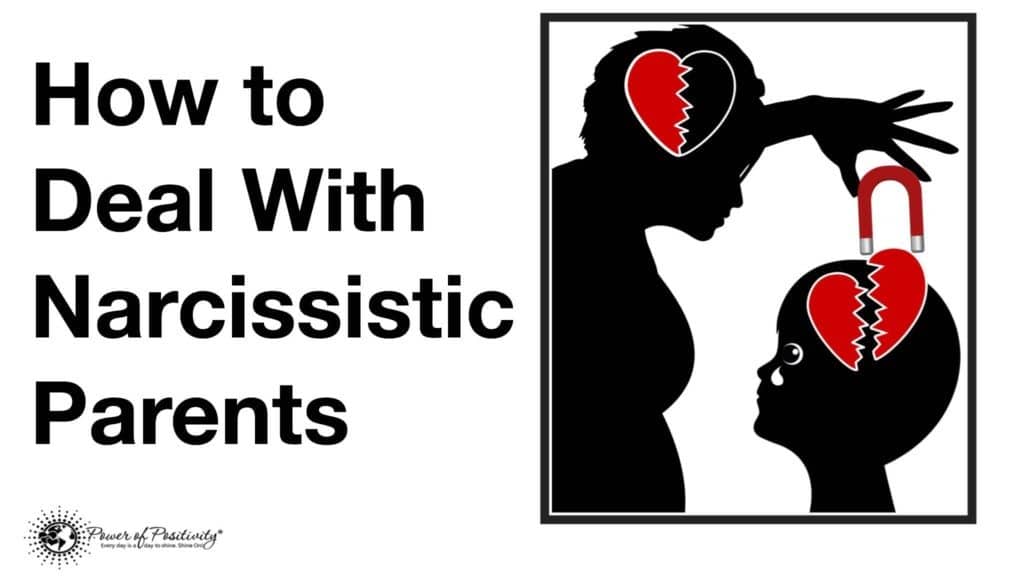
And I realized that the role of a great dad is also a source of nourishment for a narcissist. The fact that he is a wonderful father is recognized by his wife, hated mother-in-law and, of course, by his parents. For the time being, I acknowledged this. Recognized by teachers and educators. Colleagues of Victor. Friends and everyone who sees this performance. Imagine what a powerful source of narcissistic resource! A person molds a false image of a mega-dad - and from all sides receives not only approval, but also admiration.
But do you think he is really interested in his son's personality? Nothing. Do you think he reads, talks, plays with him? No. He just drags it everywhere with him: shopping, restaurants. Not on playgrounds! That is, Victor lives his life and goes about his business, and the child is just next to him as a free application. That is, life is obvious not for the child and the child's interests (as it is served to others), but for one's own.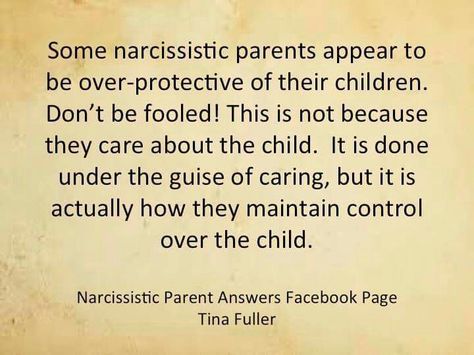
Viktor lives with his own interests and only with adults. But at least they buck up periodically, because they fall into his disfavor. And only a child can not oppose anything to this. Only a child cannot buck. If only his dad was by his side. He still does not know how to filter and distinguish sincere feelings. And next to such a dad will not learn. He has no other example.
His son is unsociable. Unable to communicate with peers. It is hard for him in a new society, like his dad, because dad is full of complexes. But soon he will learn to put on a charming smile, as his dad learned over time, and he will be just like dad.
Does Victor realize that he is playing the role of a miracle dad? Yes and no. As Sam Vaknin writes, the narcissist's false self mimics the true self. The mechanism is called reinterpretation.
“It forces the narcissist to interpret certain emotions and reactions in a flattering, socially acceptable light. A narcissist may, for example, interpret fear as compassion.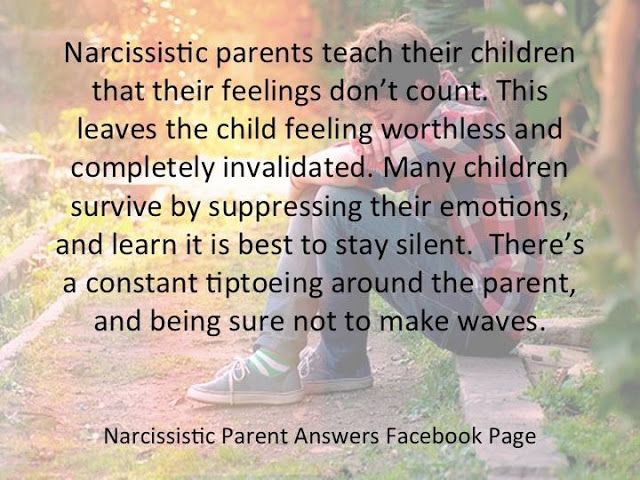 If the narcissist has hurt someone they fear (such as an authority figure), they may feel bad afterwards, but interpret that discomfort as empathy and compassion. To be afraid is humiliating; compassion is commendable, it deserves public approval and understanding, from which the narcissist draws a resource.
If the narcissist has hurt someone they fear (such as an authority figure), they may feel bad afterwards, but interpret that discomfort as empathy and compassion. To be afraid is humiliating; compassion is commendable, it deserves public approval and understanding, from which the narcissist draws a resource.
Very often narcissism is a kind of family curse. Passed down from generation to generation. The child is left with hope for at least a modicum of spiritual health, if one of the parents or other significant figures is not a narcissist. In other cases...
The child is a powerful source of narcissistic resource. He, like no other, feeds the narcissist with unconditional love and complete dependence. Sam Vaknin writes about how a narcissist molds her child to look like herself:
“The narcissistic woman struggles to preserve her most trusted resource—her children. Through insidious indoctrination, guilt formation, emotional extortion, deprivation, and other psychological mechanisms, she tries to impute to them an addiction that cannot be easily extricated from.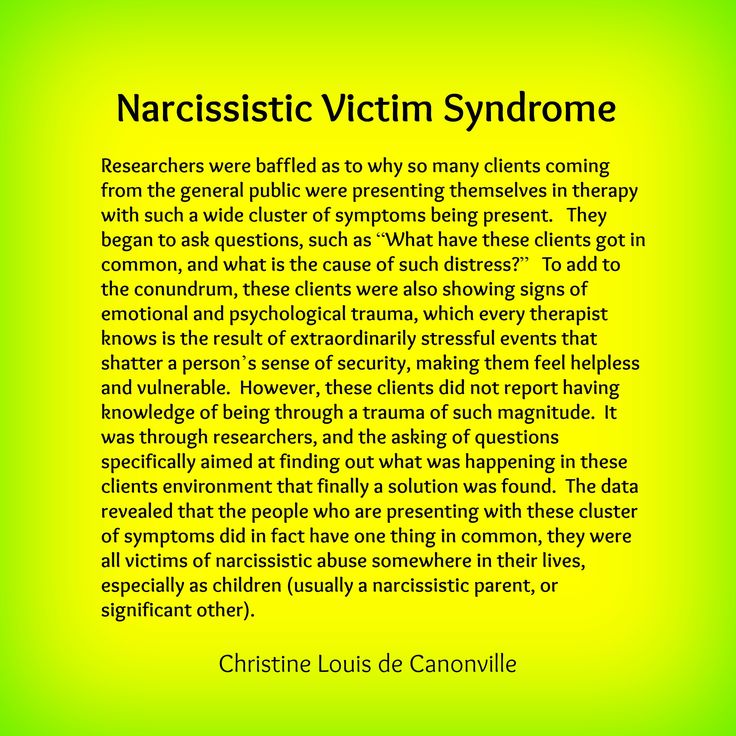
Another reader tells about the excesses of such a narcissistic mother:
“On the playground I met Albina, who alone brings up five-year-old Arseniy. From an early age, crowds of tutors go to this unfortunate child, they take him to five sections and ten circles. The child is very nervous, arrogant, unfriendly to other children. Albina laughingly told how he attacks tutors with his fists, driving them out of the apartment. And recently, Senya was hysterical and squealed: "Mom, I hate you."
At one time Albina tried to set the tone among mothers. She told us that we are irresponsible mothers, and since our children cannot read and play the violin at the age of two, we let them go, and they will grow up as cattle and beggars, but her Senya will go to the Sorbonne and ascend to the heights of life. Clearly, no one is interested in the desires and personality of Senya. Albina sees him like this - period.
Now you understand: what looks like holy parental love is often a pathological merging of a narcissistic parent with a defenseless child and using him for his own purposes .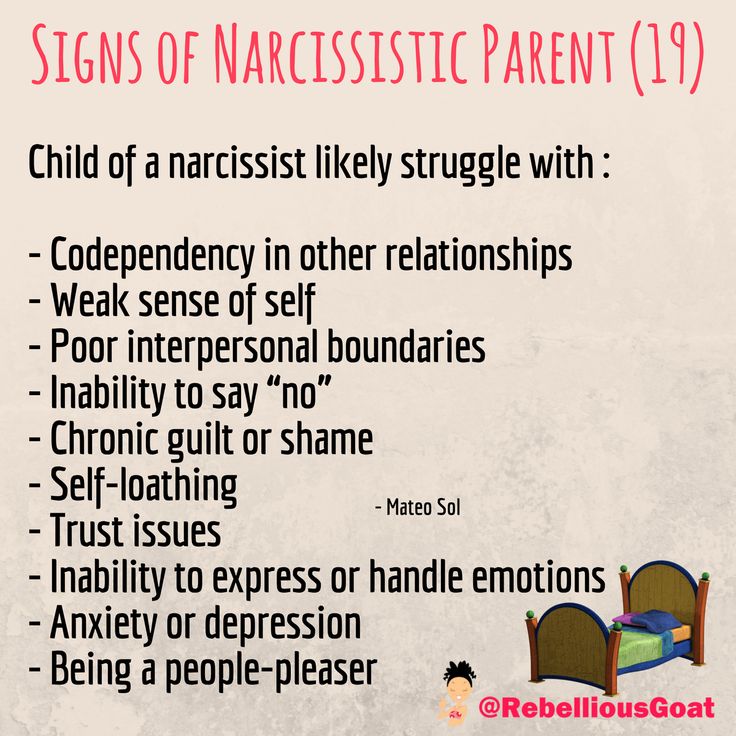 Such people may be very interested in procreation. For example, one of Victor's favorite topics is "two more, or better three children." Still would. Soon his son will grow up and cease to be such an inexhaustible, such an uncomplaining dealer of narcissistic resources. But this will be only a partial liberation...
Such people may be very interested in procreation. For example, one of Victor's favorite topics is "two more, or better three children." Still would. Soon his son will grow up and cease to be such an inexhaustible, such an uncomplaining dealer of narcissistic resources. But this will be only a partial liberation...
Unhealthy bonds will bind the narcissist with his parents all his life. That's where forty-year-old boys come from, living with their mothers and calling them back several times a day. Or breaking down in the middle of the night for a bottle of her favorite wine for her, when the wife needs to be taken to the hospital ...
An attractive, successful, charismatic woman who arouses the admiration of others can, like a mother, manifest herself in a very unexpected way - . Her children feel confused and lost in life, always waiting for support from her. But the problem is that narcissistic moms don't know how to give either support or love. As a result, in adulthood, they are constantly looking for love that they did not receive in childhood.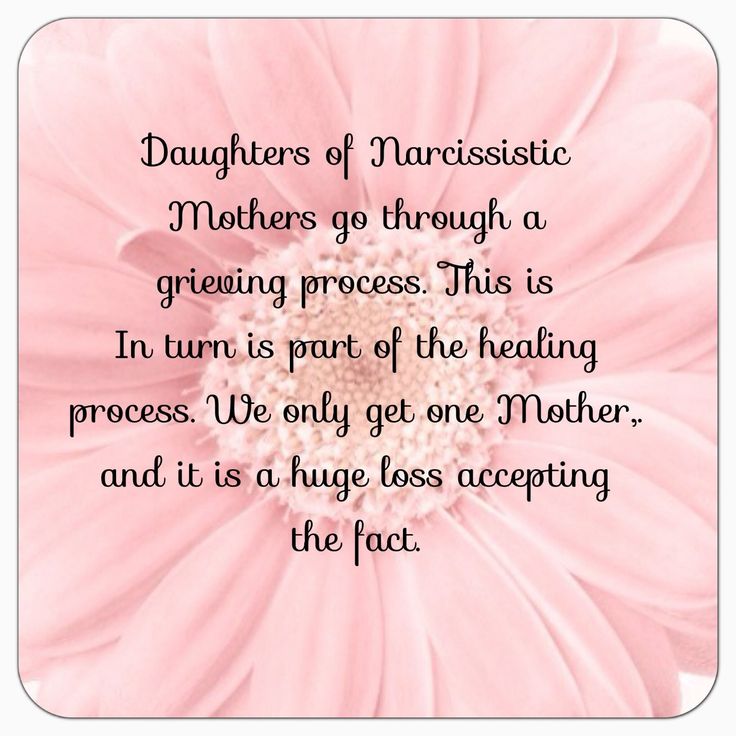 Signs are not easy to notice, but partners of such women may try to do this in order to have a positive impact on both the woman herself and the children. How to recognize a narcissist mother, we will describe below.
Signs are not easy to notice, but partners of such women may try to do this in order to have a positive impact on both the woman herself and the children. How to recognize a narcissist mother, we will describe below.
She has everything under control
She likes to have complete control over all aspects of children's lives - friends, music, clothes, habits... - this is her favorite game that she plays skillfully. Imposing a sense of guilt on a child through emotional blackmail makes children live by her rules. For example, "you need to learn how to be good at a computer if you're going to achieve anything, not waste your time in art class!"
She always turns the conversation to herself
The child may talk about problems at school or quarrels with friends, but the narcissistic mother will definitely redirect the conversation to herself. The child can talk about being sad because his friend is moving to another city, and the mother suddenly starts talking about how many friends she had as a child, who she was friends with at school and university, what she did, etc. .d.
.d.
She gets angry when things don't go her way
A bad mood is a frequent companion of a narcissistic mother, and the child or someone else is always to blame. Such mothers will never admit that they are the problem. As a rule, the children and spouses of such women walk on tiptoe, just so as not to arouse the wrath of the mother. “That bill never arrived. Did you mail it? How could you?" They always shift the blame and never take responsibility for themselves.
She is very concerned about what others think of her
Such mothers always strive to look good in the eyes of others, but they do it at the expense of their children and spouse. Before leaving for a visit or a movie theater, the narcissistic mother will not fail to remind you: “Don’t forget to say “please” and “thank you” to my boss/girlfriend” or “Comb your hair well - you have a bird’s nest on your head!” With the same ease, they take credit for the achievements of their children in order to look even better.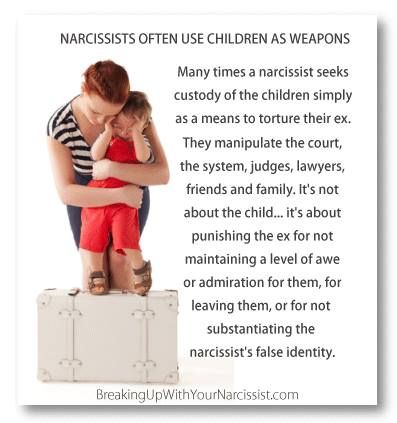
She believes that the world revolves around her
Narcissists are selfish and believe that the whole world should revolve around them. As soon as they enter the house, they assume that everyone should already be at home. They consider themselves to be the most important members of the family. "I'm home! Someone help me with these bags. I'm so tired. I've been working for so long." Always "I". They will never ask another family member how their day went.
She is constantly offended
Resentment can be very strong and last for a long time. If someone dares to joke with a narcissist mother or not do what she thinks she should have done, a cold war is assured. There are situations when such mothers disinherit a child for absolutely strange reasons. “I will bequeath my business to your younger brother. He never left me for two years” And even the objection of the son like “But mom, I was in the army!” is not taken into account.
She uses love as reward and punishment
Narcissistic mothers know that their children's greatest weapon is their love. They don't often show affection for children, and even if they do, it's usually just to make themselves look better in the eyes of others. But as soon as a child fools around, they all show their coldness and neglect: "I'm ashamed of you".
They don't often show affection for children, and even if they do, it's usually just to make themselves look better in the eyes of others. But as soon as a child fools around, they all show their coldness and neglect: "I'm ashamed of you".
She treats others like servants
The child of a narcissistic mother will often act like her personal slave, just to get a modicum of love. “Bring me a glass of water and grab some grapes while you're in the kitchen. Put the peas in the spaghetti." The list can be endless and the child turns into Cinderella.
She competes with her children
The boundaries between child and parent become blurred. This can happen to narcissistic mothers who feel that their beauty and sexuality are challenged by their growing daughters. “Are you going to the school disco? Oh well, I'm going to dance in a nightclub!
She constantly looks for flaws in her children and compares them to other "ideal" children
Their unreasonable expectations raise the bar too high for any child.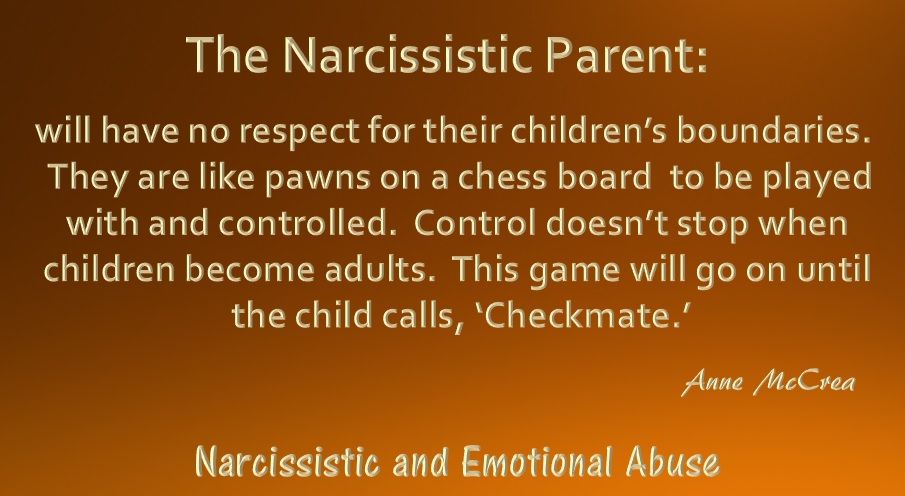 “Can't you do like your classmate? He always says “please” and “thank you” and holds the door for me.” “The daughter of my friend always studies with excellent marks, receives diplomas and is the captain of the KVN team. Why can't you be like her?"
“Can't you do like your classmate? He always says “please” and “thank you” and holds the door for me.” “The daughter of my friend always studies with excellent marks, receives diplomas and is the captain of the KVN team. Why can't you be like her?"
Her children live in an insensitive desert
Children raised by a narcissistic mother grow up without the love they should have received. In adulthood, they will experience weakness, lack of emotional attachment and intimacy. Years of manipulation tell.
She lacks empathy
They are too self-centered and unable to show empathy even to their children. They are blind when it comes to the situation their children are facing. “I see in your diary “2”. This is unacceptable and I don't care what you say."
She has low self-esteem
Their outward self-confidence is just a facade hiding their low self-esteem. Of course, they never show this to others, but children can see what is hidden. Moreover, it is children who suffer from frequent bouts of depression of narcissistic mothers.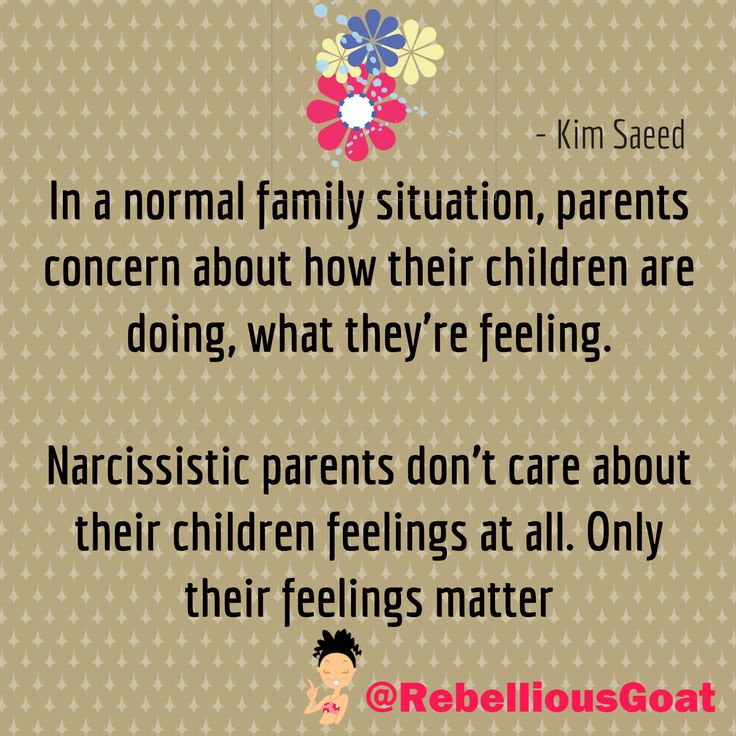
She will never let her child go
All parents know that their children will grow up and leave for their lives. It can be painful for every mom, but she will be able to accept this fact. However, the narcissistic mother will hold on to her child for as long as possible - she needs to maintain control even into the child's adult life. She will use every opportunity to make the child feel dependent on her. “You cannot leave me. I need you!" The truth is that narcissistic moms need their kids and their full attention.
How to reduce the influence of a narcissistic mother
For adults and teenagers, there are several options for reducing the influence of a narcissistic mother:
- minimize communication;
- keep confidentiality, maintain personal boundaries and your personal space;
- look for external support - a person who will listen to you carefully.
If you still feel like you didn't get enough love or praise as a child, become the parent of your dreams for your child. Hug children, receive them with love, tell them how much you love them and never doubt them.
Hug children, receive them with love, tell them how much you love them and never doubt them.
From Lifehack
Why narcissistic mothers are dangerous and how they ruin the life of their daughters
Reading books about the relationship between mothers and daughters, Dr. Caryl McBride cried every time. She could not understand why she could not remember the feelings of affection and love in her childhood, and she really wanted to find an explanation for this. Thus was born the book Good Enough, in which McBride, based on real stories, explores (for the first time!) the problem of maternal narcissism and its impact on the lives of daughters.
“Both boys and girls suffer from the disruption of emotional bonds when one of the parents is a narcissist. However, the mother also serves as a role model for the growing daughter,” says Caryl McBride.
The narcissist mother pushes her daughter to react to the world around her in the way she herself does, and not in the way that suits the child.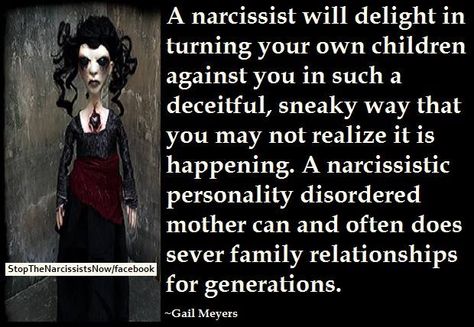 The girl constantly tries to guess the reaction of her mother and adapts to her in order to earn approval and love. Of course, she does not understand that such behavior serves only the interests of the mother.
The girl constantly tries to guess the reaction of her mother and adapts to her in order to earn approval and love. Of course, she does not understand that such behavior serves only the interests of the mother.
“Unconditional acceptance of a child as a unique individual is a necessary condition for a girl to grow into a confident woman. If you had a narcissistic mother, you were deprived of that,” McBride writes. The concept of love in daughters of narcissistic mothers is distorted. In childhood, they try to earn the approval of their mother. Their definition of love is to please another without expecting anything in return. This negatively affects the girls' future romantic relationships.
Moreover, the patterns and narcissistic traits learned in childhood, grown-up girls, becoming mothers, can be transferred to their daughters and reward the next generation of women of their kind with narcissistic traits.
9 features of narcissistic mothers
In everyday life, arrogant people who are obsessed with themselves and their desires are called narcissists.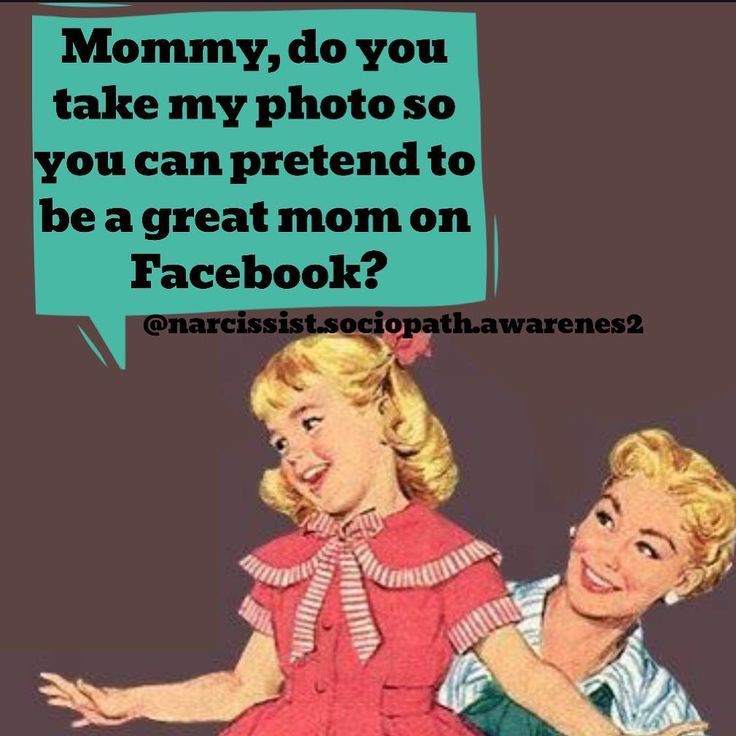 In psychology, narcissism is a spectrum disorder that can manifest itself in many ways, from a few character traits to a full blown narcissistic personality disorder. According to the American Psychiatric Association, approximately one and a half million women in the United States suffer from narcissistic personality disorder.
In psychology, narcissism is a spectrum disorder that can manifest itself in many ways, from a few character traits to a full blown narcissistic personality disorder. According to the American Psychiatric Association, approximately one and a half million women in the United States suffer from narcissistic personality disorder.
The Diagnostic and Statistical Handbook of Mental Disorders identifies nine characteristics of narcissistic personalities.
1. Have an inflated sense of self-importance , may exaggerate their achievements and talents, or expect to be recognized as superior in any situation. For example, a mother speaks only about herself, does not ask her daughter questions, is not going to listen to her, but only shares her news and feelings.
2. Constantly fantasize about limitless success, power, incredible achievement, beauty, or ideal love. For example, a mother earns money by cleaning houses and is sure that her famous clients will help her become famous herself.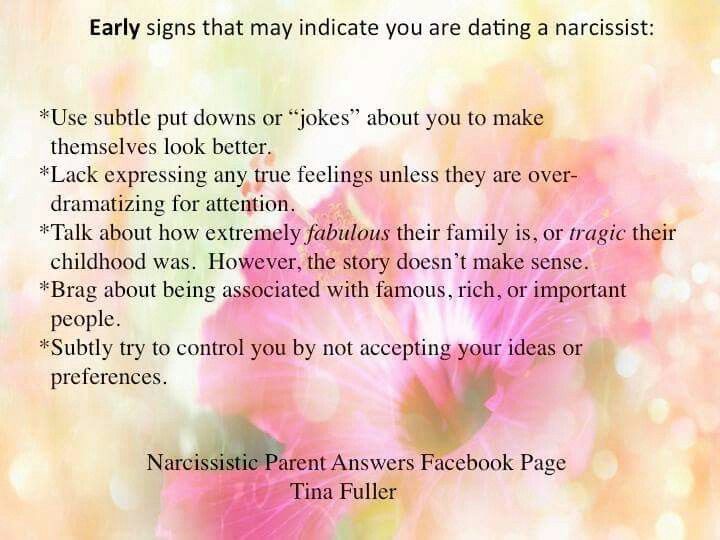
3. They believe that they are special and unique so they can only be understood by people who are just as special or have a high status. The rest are despised. For example, a mother takes the family to a restaurant and treats the waiters like servants.
4. They crave excessive admiration. Example: A mother demands to be thanked, praised and complimented for everything she has ever done for you.
5. They think that everyone owes them. These are unrealistic expectations that other people will treat them especially well or automatically meet their expectations. For example, a mother is sure that she is too important a person to stand in line.
6. They exploit others , that is, they use others to achieve their own goals. For example, a mother is friends only with those who can be useful to her.
7. Demonstrate a lack of empathy : unwilling to notice other people's needs or cherish their feelings. For example, a mother constantly points out her daughter's "mistakes", criticizes and humiliates her.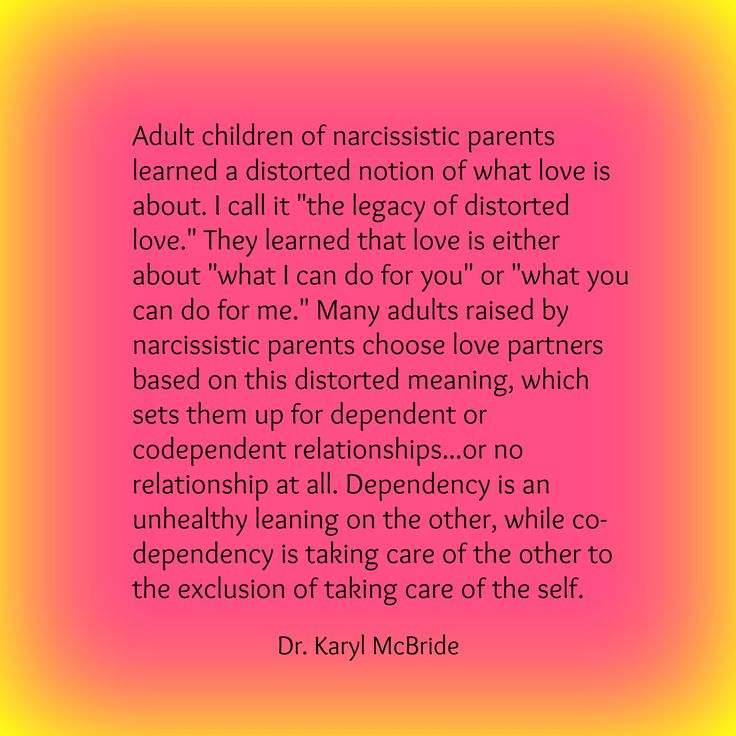
8. Often envious of others or feel that they are the object of envy of others. For example, a mother claims that she has no girlfriends because women are jealous of her.
9. Demonstrate arrogance, arrogance and attitude. For example, a mother believes that her children are too good and should not play with peers from less wealthy families.
The degree of narcissism can vary. McBride emphasizes that even if your mother doesn't have all nine traits of people with severe narcissistic personality disorder, her narcissism still hurt you. If so, then three destructive mindsets have haunted you throughout your life:
- Something is wrong with me.
- My value is in what I do, not in who I am.
- It's impossible to love me.
10 relationship problems with narcissistic mothers
In her research on maternal narcissism, McBride identified ten common relationship problems between mothers with narcissistic traits and daughters.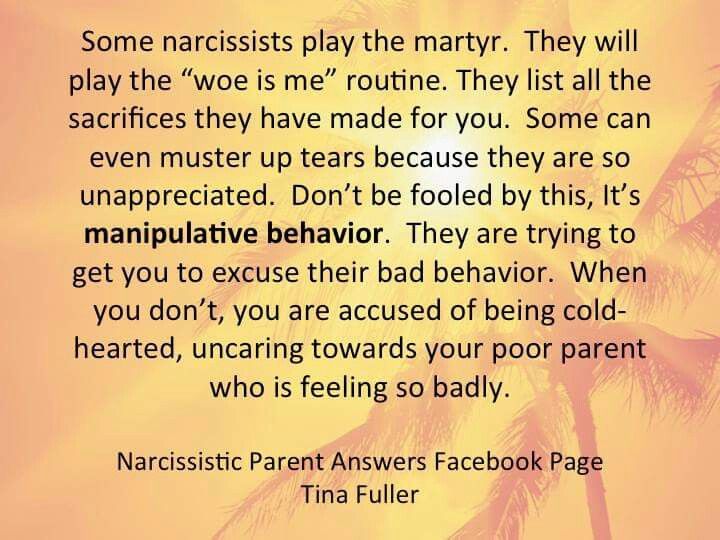 It doesn't matter if you have experienced all the features in your life or only some of them. This only indicates how clearly narcissism is expressed in the behavior of your mother.
It doesn't matter if you have experienced all the features in your life or only some of them. This only indicates how clearly narcissism is expressed in the behavior of your mother.
1. You notice that you are constantly trying to win your mother's love, attention, and approval, but fail to please her. Narcissistic mothers are critical and do not accept their daughters as they are.
2. The mother emphasizes that it is more important to her how something looks, and not how you feel about it. Your emotions don't matter to her. She consoles you not with hugs, but with buying new clothes.
3. Your mother is jealous of you: because of your appearance, material well-being, achievements, education, and even because of your relationship with your father.
4. Narcissistic mothers control the interests and activities of their children and do not support their daughters in what they really want.
5. In the family, everything always revolves around the mother.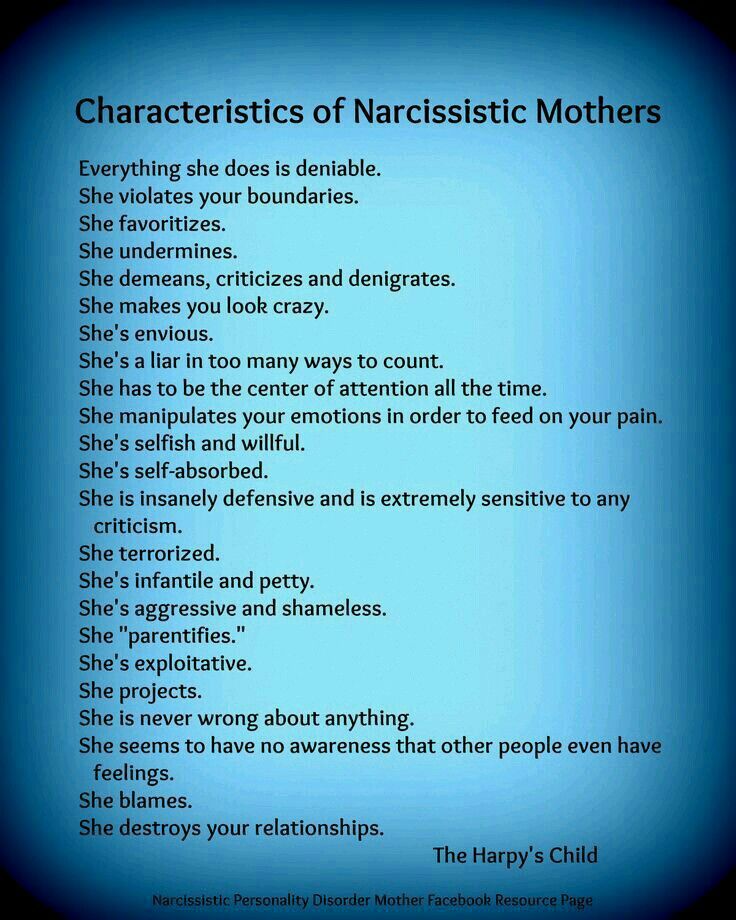 Narcissists are intolerant of rejection and want everyone to obey their wishes.
Narcissists are intolerant of rejection and want everyone to obey their wishes.
6. The mother is unable to show empathy. The feelings of a daughter growing up next to her are not taken seriously, and she does not feel her own importance. Regardless of age, such daughters may withdraw, stop talking about themselves, or even notice their feelings.
7. The mother cannot cope with her own emotions. She "stiffens" or "disappears" when it comes to feelings. She does not allow herself or her daughter to express what is in her soul - their relationship is doomed to remain superficial, there is no deep connection in them.
8. Mother often criticizes and condemns. She does it because she doesn't like herself. In this way, she raises her daughters to be extremely sensitive to other people's opinions and makes them constantly feel like they are not good enough.
9. Your mother treats you like a friend, not like a daughter. In a healthy relationship, the mother plays the role of an adult and takes care of the child. Mothers with narcissistic traits did not receive proper care from their parents in childhood, therefore, emotionally, they resemble children who constantly need support.
Mothers with narcissistic traits did not receive proper care from their parents in childhood, therefore, emotionally, they resemble children who constantly need support.
They often involve their little daughters in the adult world, for example by sharing difficulties with their husband. In this case, the daughter begins to feel loneliness and danger - she does not have a parent to rely on. She feels guilty about not being able to solve her mother's problems and internalizes the "I'm not good enough" mentality.
10. There are no personal boundaries in your communication with your mother. Emotional separation is an essential part of psychological growth, but the narcissistic mother does not allow her daughter to become a separate person. In family life, she has no boundaries, there is nothing personal. For a narcissistic mother, a child is an extension of herself: she can talk to her daughter on the most inappropriate topics, she has the right to interfere in everything and share information with anyone.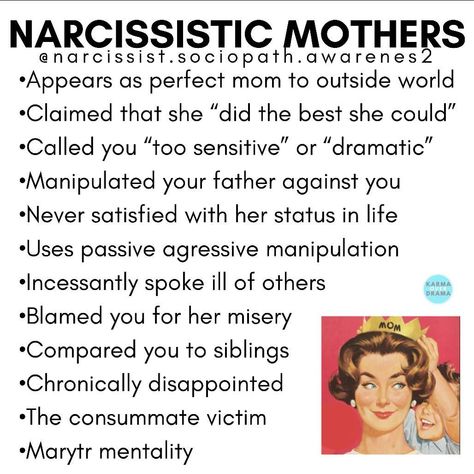
How narcissism manifests itself: an absorbing and ignoring mother
A mother can only pass on knowledge, confidence and self-love to her daughter if she herself has these skills. Moreover, for this to be successful, a woman must build a deep and balanced relationship with her daughter.
Narcissism is the opposite of balance. In the families of narcissistic mothers, everything is taken to the extreme. “Staying true to intergenerational twisted love, most narcissistic mothers place either too much emphasis on raising their daughters (absorbing mother) or very little (ignoring mother),” McBride writes.
Absorbing mother overwhelms her daughter with care, dominates every aspect of her life and keeps them under control
She makes all decisions for her daughter and tells her what to wear, how to behave, what to say, think and feel correctly.
Such mothers often seem wonderful. They are involved in the life of their daughters, doing something for them, for them and together with them, so others perceive them as interested parents.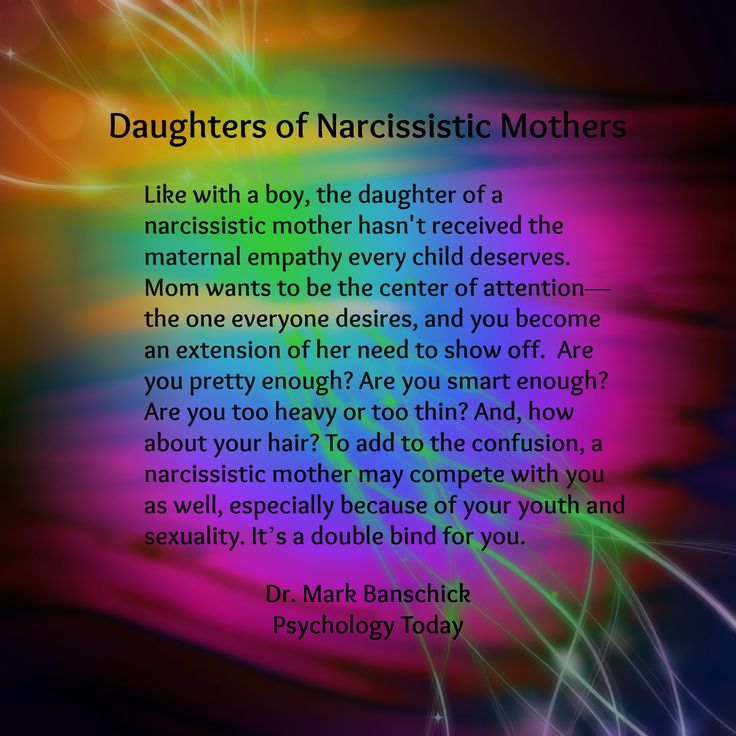 Alas, the consequences of such behavior are sad. As a result, daughters have low self-esteem, they often feel their own worthlessness.
Alas, the consequences of such behavior are sad. As a result, daughters have low self-esteem, they often feel their own worthlessness.
An ignoring mother, on the contrary, does not pay enough attention to her child. She does not take or deny the feelings of children seriously. Excluding especially difficult cases, such parents provide the child financially: their own room, food, clothes, but they refuse their daughters upbringing, emotional support and empathy. Therefore, they feel invisible and begin to think that as individuals they do not matter.
McBride emphasizes that the two styles described are not mutually exclusive. The narcissistic mother can switch from absorbing to ignoring and back again. In addition, she can choose the type of behavior in relation to her daughters: with one daughter, she can be an absorbing mother, and with another, an ignoring one.
Perfectionism and Sabotage: How Children React to Mother's Narcissism
When two daughters are raised by the same narcissistic mother, they often take on very different roles. Both girls think they are loved for what they do, but behave differently. One sister, as it were, says to the narcissistic mother: “OK, I will show you what I am capable of and what I am worthy of.” She becomes a perfectionist who constantly strives to achieve more. Another sister, having adopted the same attitude, begins to believe that everything is meaningless and she will not achieve anything anyway. She goes into passivity and self-sabotage.
Both girls think they are loved for what they do, but behave differently. One sister, as it were, says to the narcissistic mother: “OK, I will show you what I am capable of and what I am worthy of.” She becomes a perfectionist who constantly strives to achieve more. Another sister, having adopted the same attitude, begins to believe that everything is meaningless and she will not achieve anything anyway. She goes into passivity and self-sabotage.
As adults, successful daughters seem like superheroes, but their accomplishments and high performance do not bring satisfaction or inner comfort.
They are constantly struggling with a sense of failure and never notice how much has already been done. They are constantly looking for what else they can do to prove their worth, and often work themselves up to burnout and chronic fatigue syndrome. There are no problems if you are successful, doing what you love, while praising yourself and taking care of yourself.
Alas, many super-successful daughters, suffering from workaholism, cannot slow down, which leads them to health problems.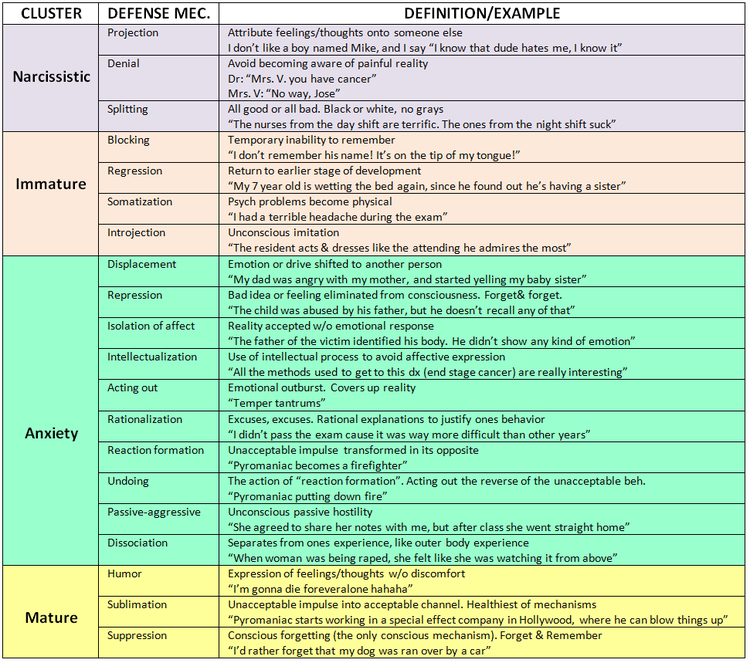 Here's proof that I can't be who you want me to be!" They give up easily, try to numb the pain with addictions, are unable to break free from self-destructive habits, and refuse to realize their potential.
Here's proof that I can't be who you want me to be!" They give up easily, try to numb the pain with addictions, are unable to break free from self-destructive habits, and refuse to realize their potential.
As they get older, these daughters start looking for a replacement mother, someone who can take care of them. They are smart, talented and capable of many things, but they do not believe in themselves. So they find alternative unhealthy ways to get other people to take care of themselves: huddling in the basement of an aunt's house, ending up in jail, or living on welfare or unemployment benefits.
How to overcome childhood trauma
The third part of his book McBride devotes entirely to the process of recovery. She provides many exercises that can help you accept and live through traumatic experiences, and also recommends contacting a psychotherapist. The specific steps to recovery for daughters of narcissistic mothers are as follows:
- Embrace the limitations and grieve over not having the mother you dreamed of.
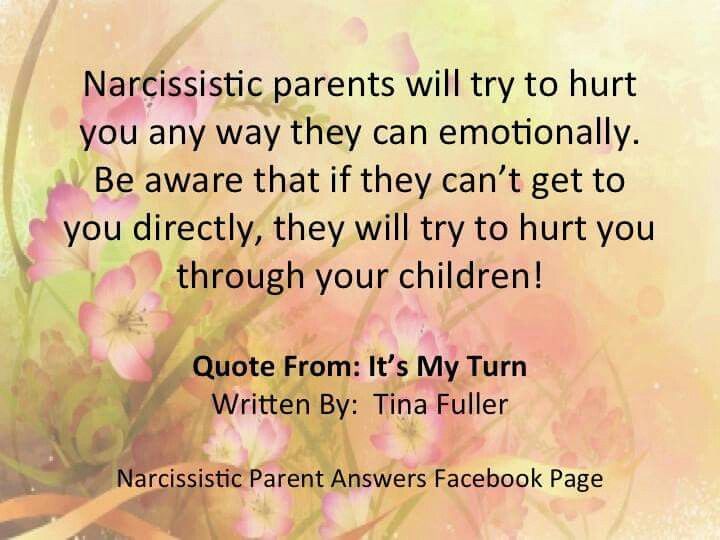
- Separate psychologically from the mother and reformulate the negative beliefs received from her into positive ones.
- Accept your own feelings, desires and personality.
- Learn to communicate with your mother in a new, more environmentally friendly way.
- Learn to recognize your own narcissistic traits and decide not to pass on this emotional legacy to your children.
- Teach yourself to grieve.
In her twenty-eight years as a psychotherapist, McBride has noticed that most people try to skip the last step. This is quite expected, because breaking through denial and feeling pain is incredibly difficult. Meanwhile, mourning is the most important step that plays a decisive role in the process of change.
It starts with one decision: you allow your feelings to be. This needs to be learned, especially if you have been told all your life to shut up, not to grunt or not feel anything, to lie and pretend that everything is in order when in fact it is not.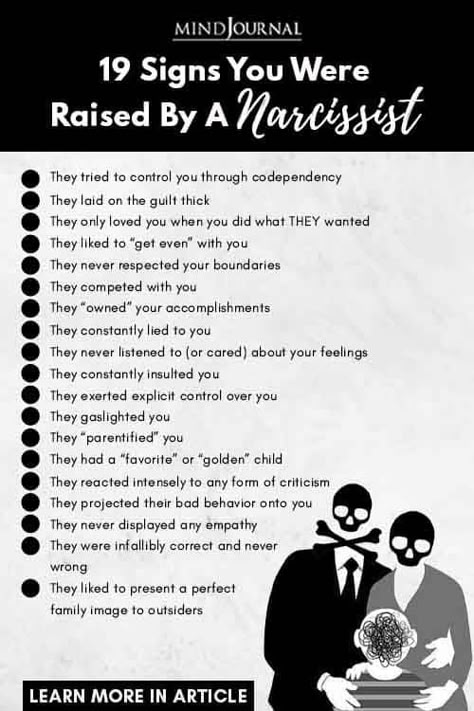
You can try to rationalize the pain by thinking, "I shouldn't feel like this" or "It wasn't all that bad." It won't help. Whatever emotions you experience, it is important to let them be. Sometimes this will require being alone in silence. It is important to live without being distracted and without becoming dependent on work or any other that drowns out emotions.
Take time to be alone and grieve. Do this several times until you begin to feel relieved
Let the emotions leave the body at their own speed. To do this, you can stay at home alone, take long walks, run, go to the mountains, drive or sit in a coffee shop. Find what is comfortable for you.
During the mourning process, you will go through five stages: acceptance, denial, bargaining, anger, depression. It is important to go through them all and finally accept the fact that your mother is really narcissistic and did not give you the love that you wanted and needed. Only then can you truly live the grief.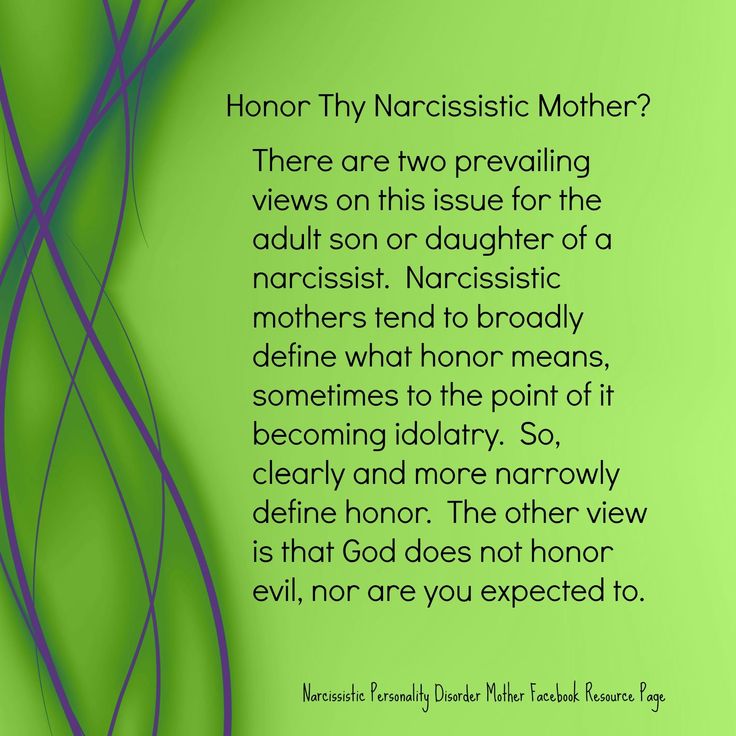
For effective mourning, McBride recommends:
- Keep a diary. It symbolizes a serious attitude towards recovery. Writing down feelings is another way to let them go. Keeping a diary provides an opportunity to free yourself from trauma.
- Do not listen to other people's opinions while you are in this process. With the best of intentions, friends and relatives will say something like: “Yes, forget about it already”, “You cannot change the past, stop trying” and “Stop thinking about the past, live here and now.” They don't understand that if you don't face your sadness, it will stay with you forever.
- Allow the guilt to be. Guilt will inevitably come. McBride notes that in almost every clinical session and every interview, the daughters of narcissistic mothers admitted that they were uncomfortable because they talked about their mothers in a negative way. This is a cultural taboo that will have to be overcome in order to heal from trauma.
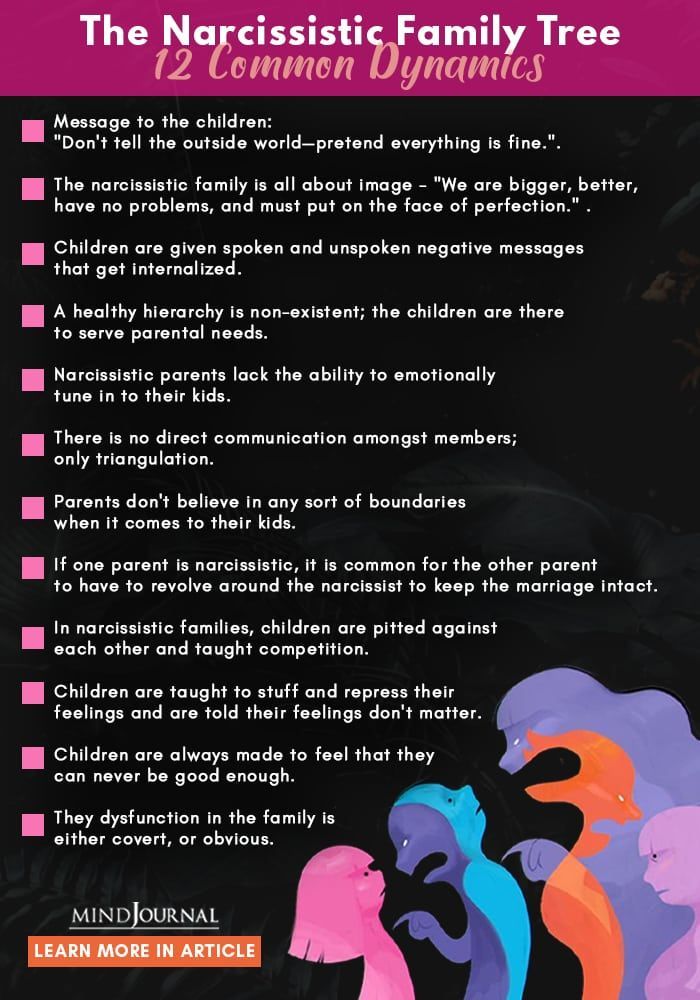
- Mourn the little girl you failed to become because you had to take care of your mother early, and sometimes the whole family.
How to communicate with your mother in recovery
At this stage of healing, it is important to explore ways to manage your relationships and maintain the ability to behave in a healthy way. You have changed, but your mother has not.
McBride argues that in full blown narcissistic personality disorder there is little chance of effective treatment or change. The desire to change is important here, and narcissistic clients, when contacting a therapist, try to quickly find answers to questions about how to interact with other people. They do not assume that the problem may be in themselves, and quickly leave, believing that something is wrong with their therapist.
A narcissistic mother can be too toxic, so it's important for a daughter to make the decision to break contact with her mother during recovery
Others may not understand this decision, but you're making it for your mental health If the mother is unable to change and you are constantly attacked and insulted by her, it is important to understand that cutting off contact with her is the healthier solution.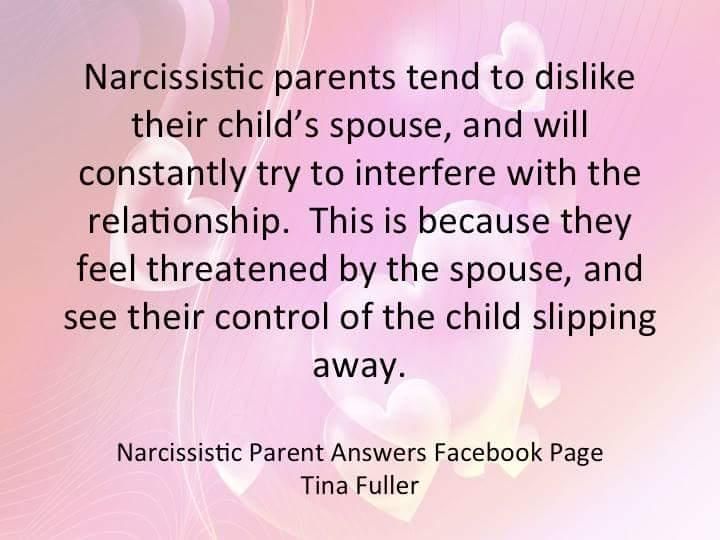
Due to the rarer communication, your contact will become polite. It is important not to expect anything from the mother, then you will experience less disappointment. McBride elaborates that this schema works best after you complete the healing process by accepting your mother's limitations and truly separating from her.
How to forgive your mother and is it necessary?
You do not have to wait for your mother's approval by moving away from her during therapy. If she does not leave you alone, you will have to learn to set personal boundaries. “Be clear about what you will and will not do,” McBride writes.
Many people are afraid to declare their boundaries because they worry about the feelings of others. Daughters are also often afraid to install them because mothers might get angry. This fear is very real, as narcissists often cut people out of their lives.
It is important to understand that the mother has already left you emotionally, there is little she can do to harm you on a similar scale. come to you for dinner on Sundays. I need to be alone and I won't call you. When I'm done, I'll let you know. You don't need to call me for a while unless absolutely necessary. I'm not angry, and all this has nothing to do with you. It's just what I need right now." The mother may ask if everything is all right with you, and you can emphasize that everything is fine with you and you are not angry with her.
come to you for dinner on Sundays. I need to be alone and I won't call you. When I'm done, I'll let you know. You don't need to call me for a while unless absolutely necessary. I'm not angry, and all this has nothing to do with you. It's just what I need right now." The mother may ask if everything is all right with you, and you can emphasize that everything is fine with you and you are not angry with her.
It happens that the mother keeps calling, coming to your house, manipulating. “Your task is to keep the boundaries and not react after you have informed her about it. She rings the doorbell, you don't open it. She calls on the phone, you don't pick up. She speaks to you, you once again confirm the seriousness of your intentions. How she handles this situation is her problem, not yours. You are not responsible for her feelings. You can act kind and gently remind her that you will start communicating with her again when you are able to do so.
Many are taught from childhood that good girls forgive and forget insults.